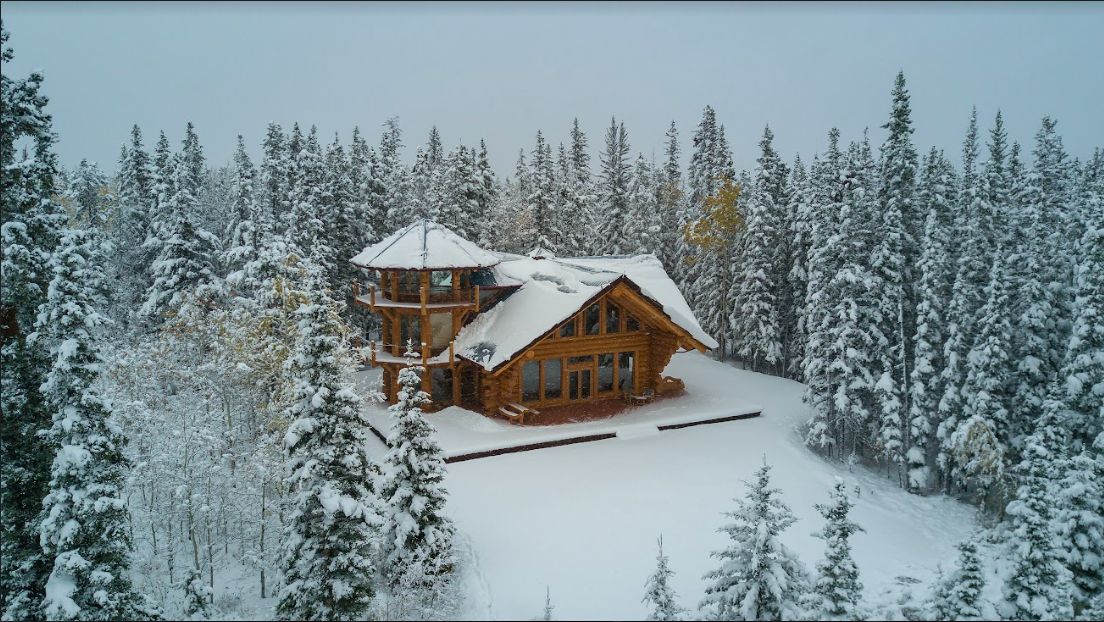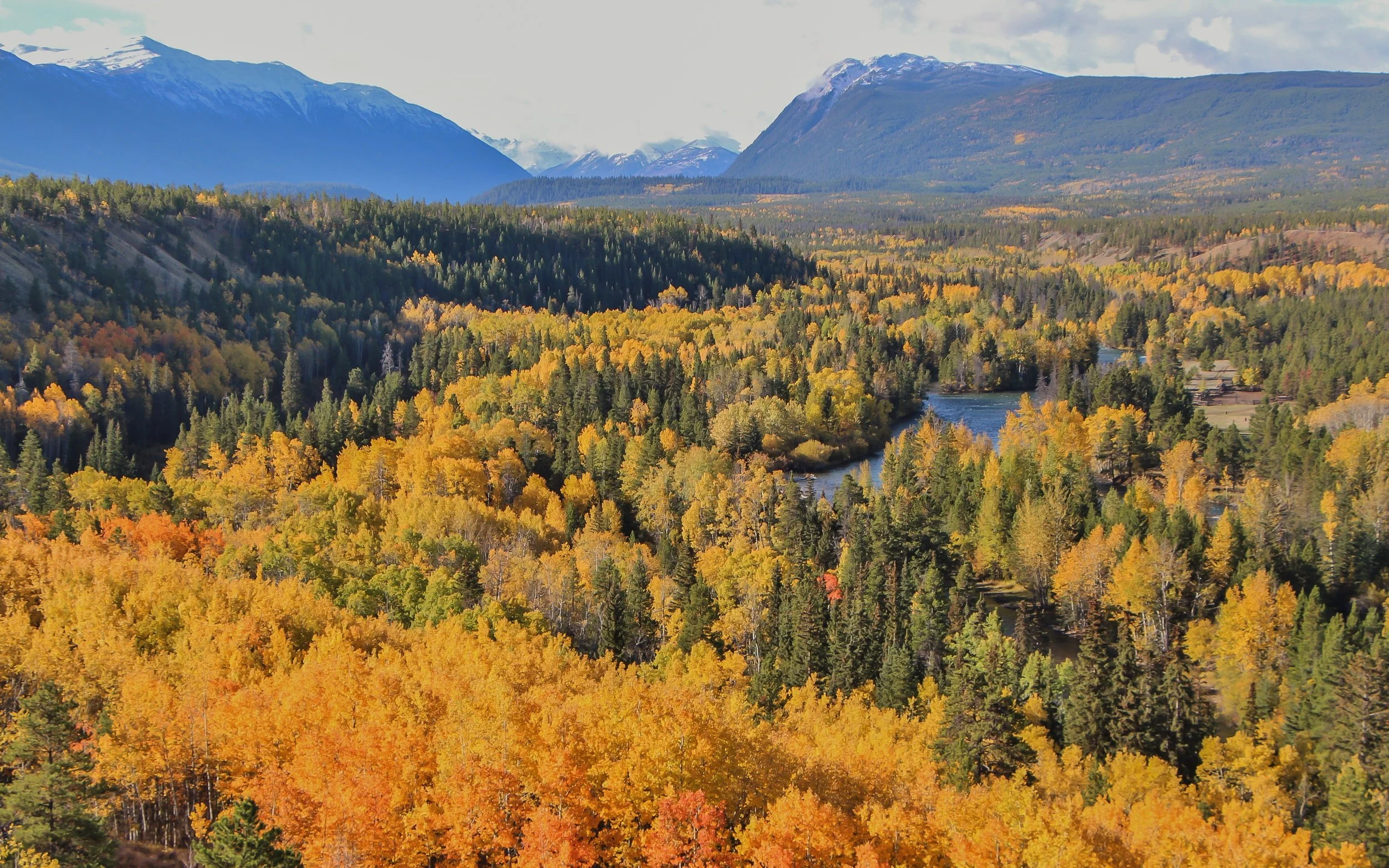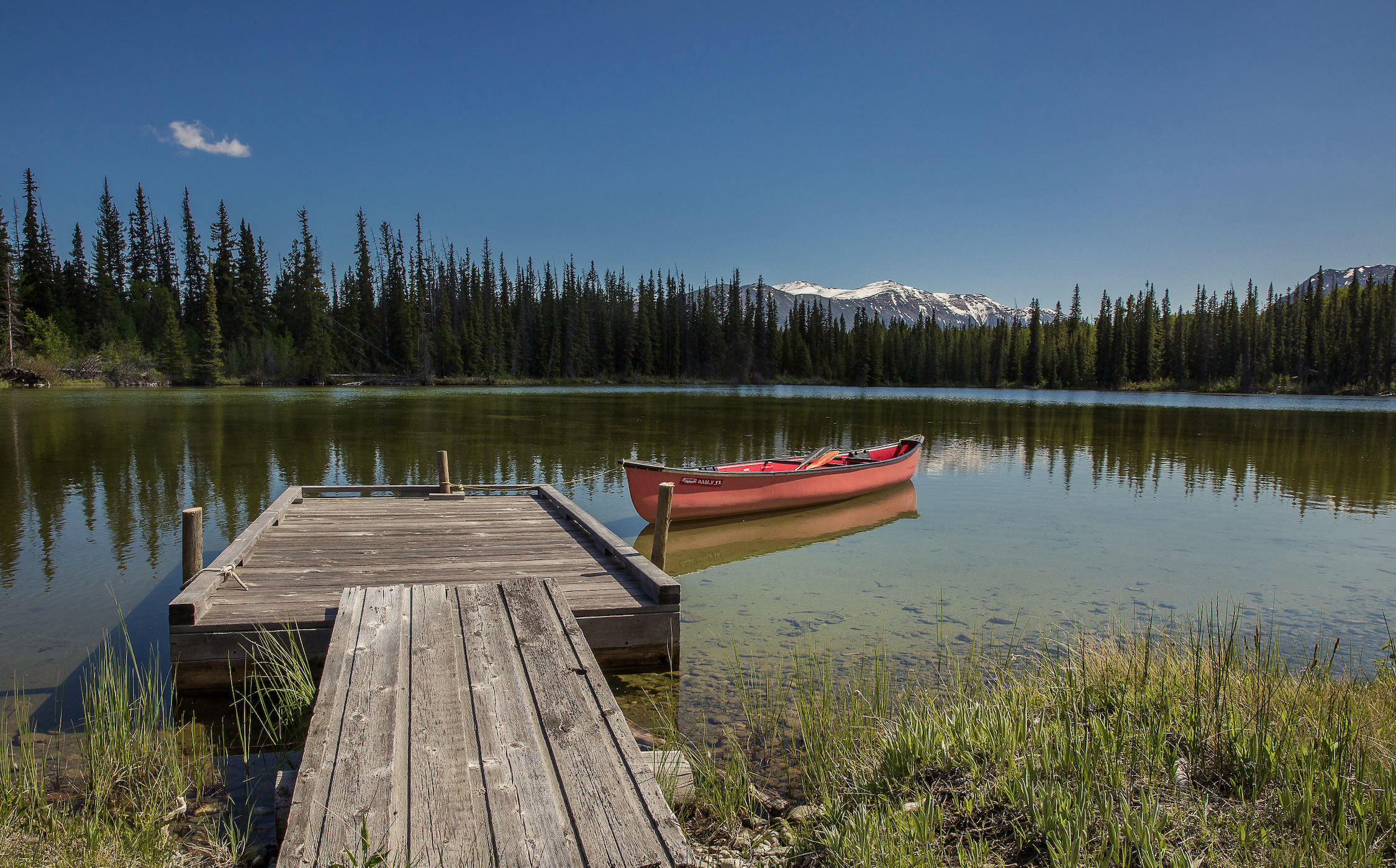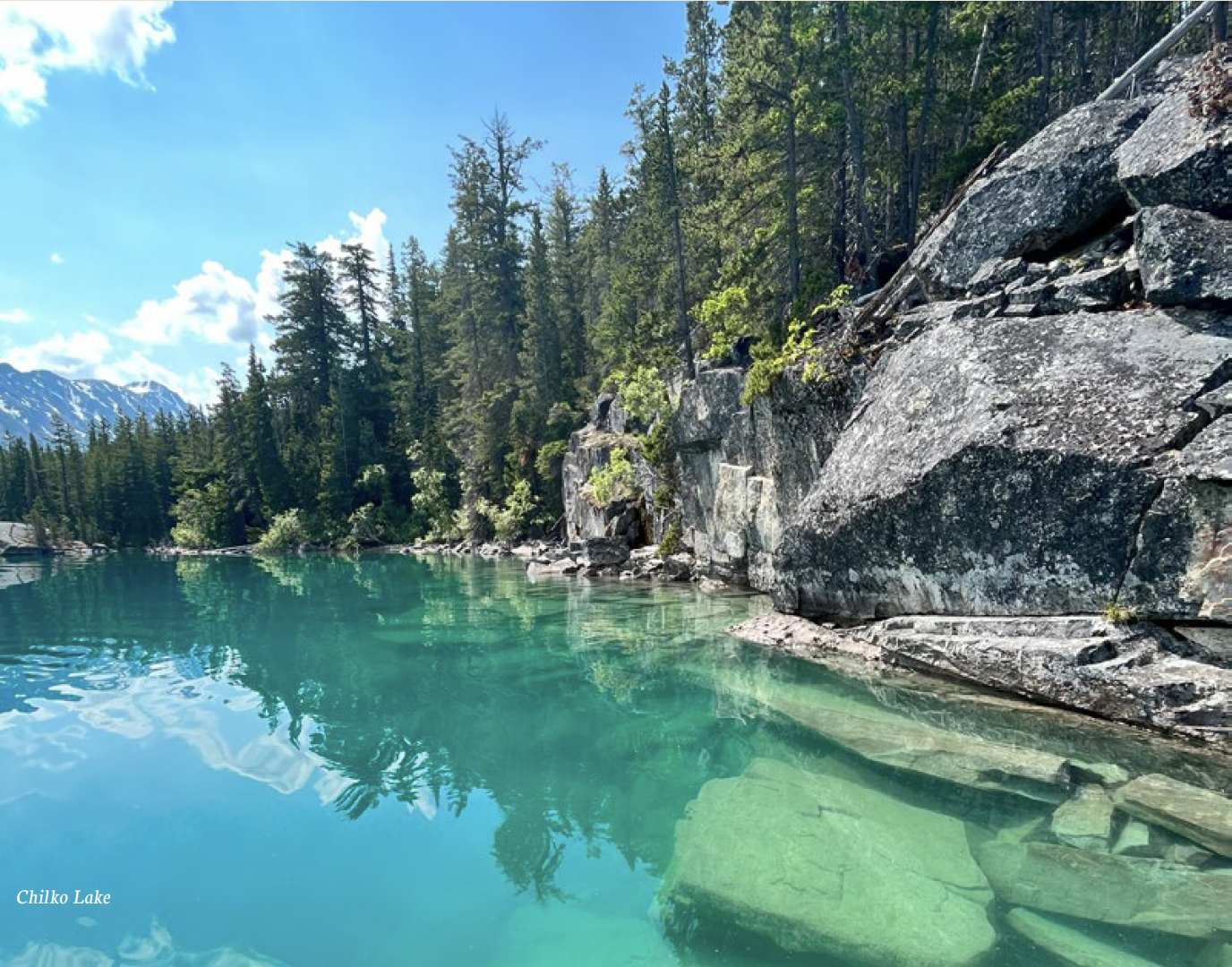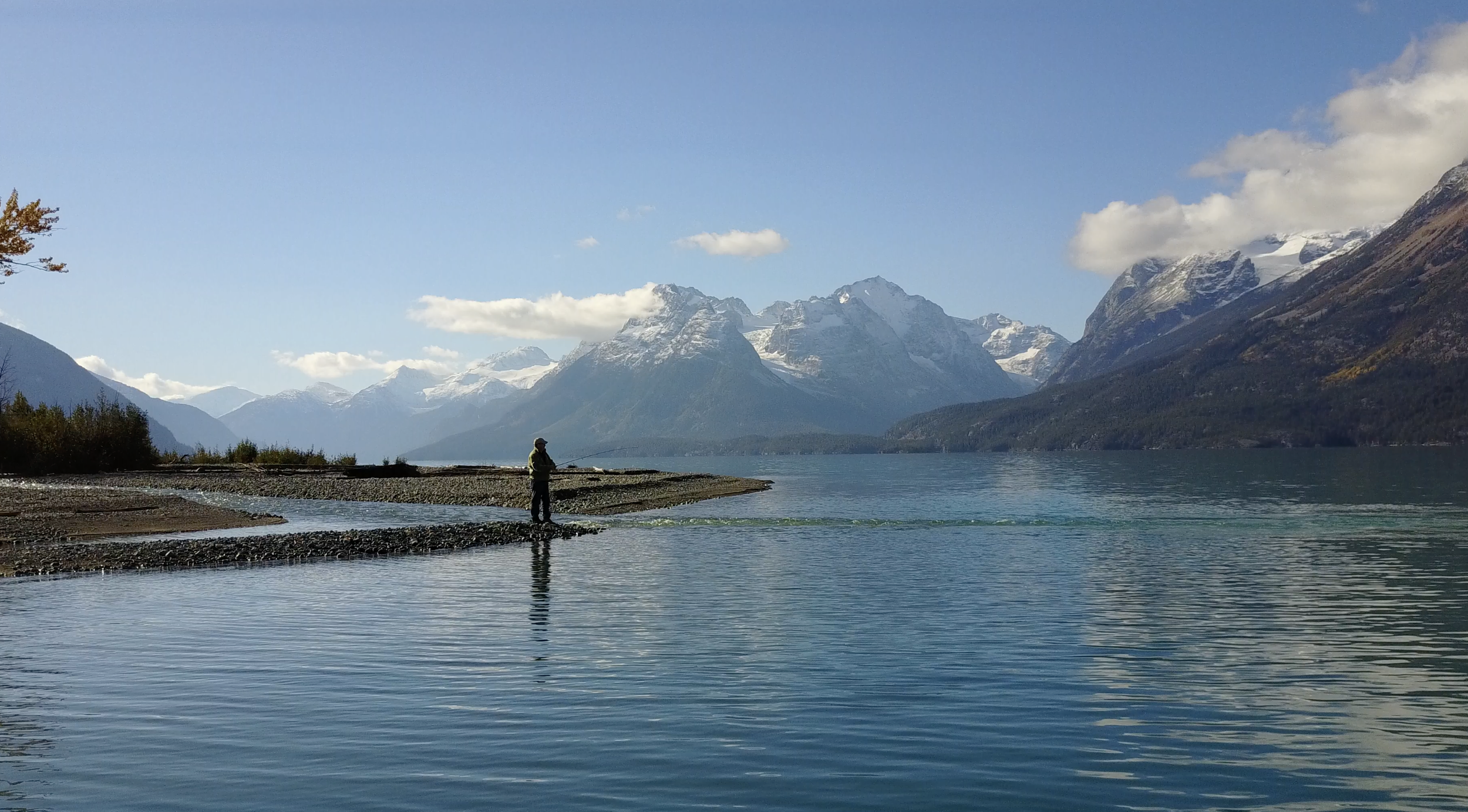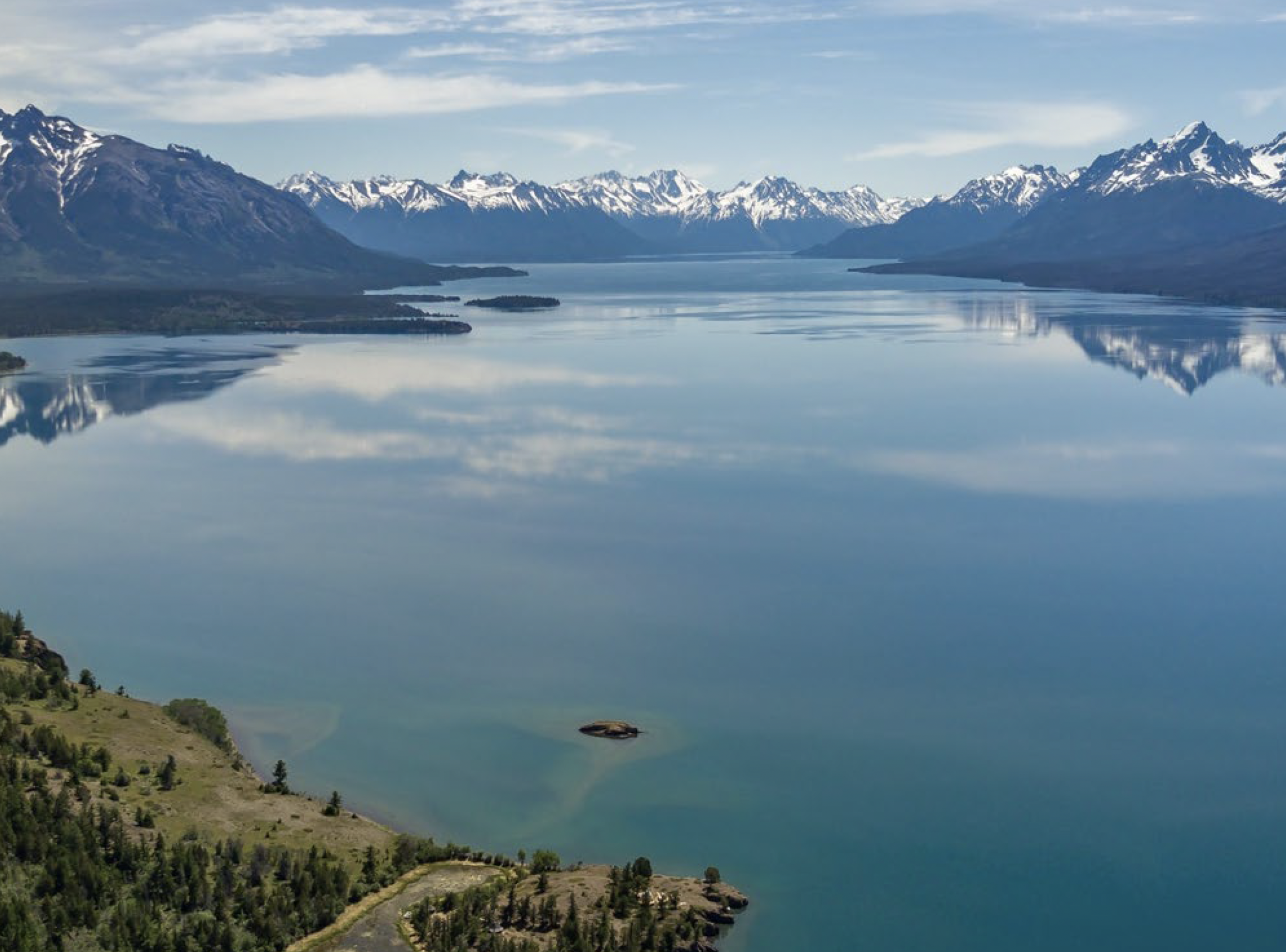
Welcome To The Chilcotin
A land larger than many countries, with less than two thousand residents — one of North America’s last true frontiers.

A Wilderness Without Equal
The Chilcotin is an expanse of pristine wilderness spanning central British Columbia, covering more than 2.6 million hectares — an area more than twice the combined size of Banff and Jasper National Parks. Yet within this staggering scale, fewer than two thousand people reside, making it one of the most sparsely populated regions in North America.
Glacier-fed rivers, vast alpine lakes, ancient forests, and wildflower meadows create a mosaic of ecosystems that remain almost entirely untouched. It is one of the last intact wilderness regions of its kind — a place where wildlife thrives, human presence is rare, and the land endures in its natural state.
Protected Lands
Established in 1994, Tsʼyl-os Provincial Park was created to protect Chilko Lake and its surrounding wilderness in perpetuity. Its undeveloped classification prohibits any future construction, ensuring the landscape remains as it is today — pristine, wild, and untouched. Neighboring First Nation–titled lands provide further protection, safeguarding the integrity of this region for generations to come.
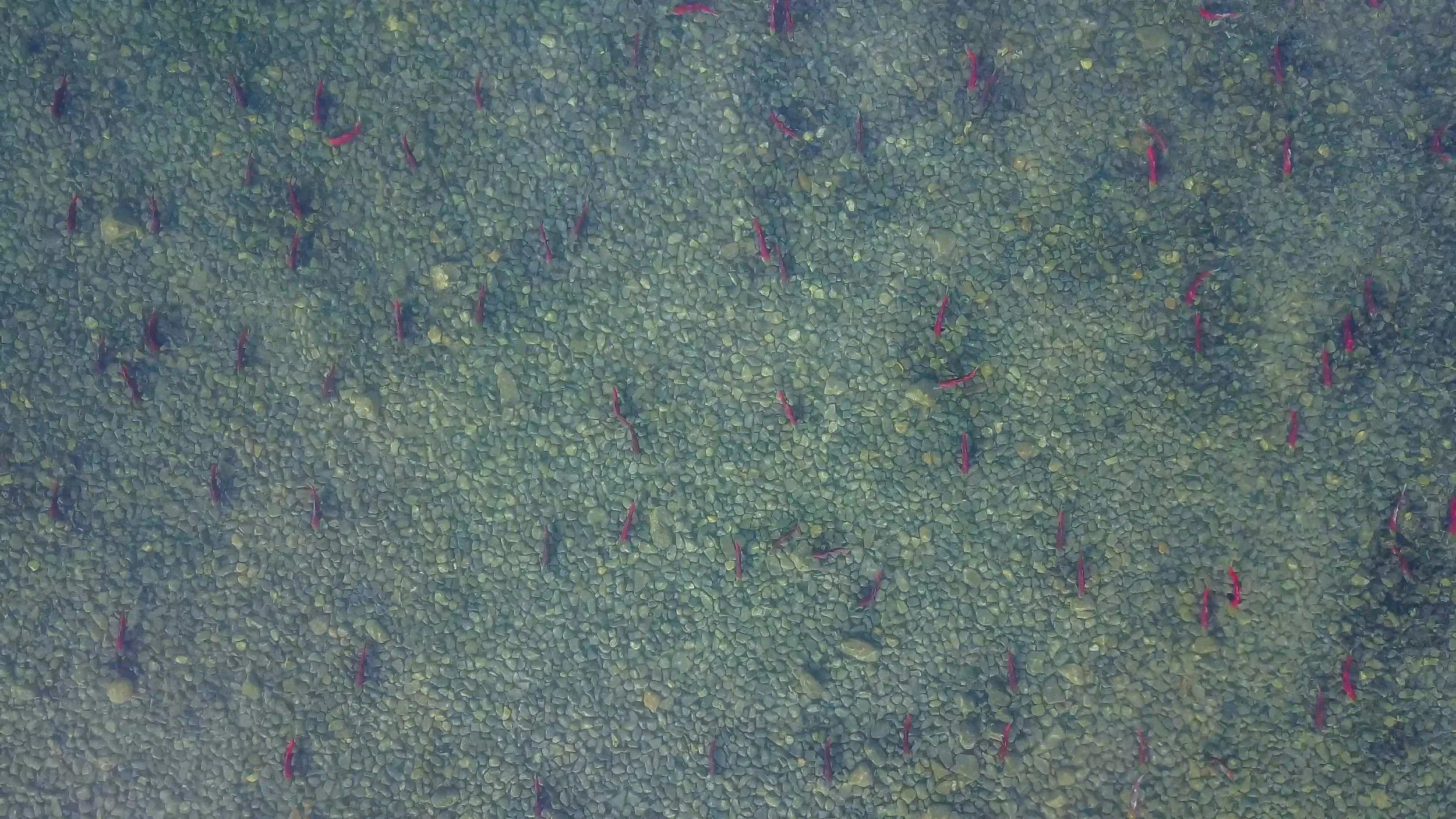
Wildlife in Abundance
Wildlife is woven into daily life here. Each autumn, hundreds of thousands of sockeye salmon return to the Chilko River to spawn, drawing grizzlies to the lake in remarkable numbers. Chilko is recognized as one of the best places in the world to watch grizzly bears in their natural habitat — an extraordinary privilege of living in this wilderness.
Alongside the bears, bald eagles soar overhead, moose move quietly through forests and wetlands, and wild horses range across the open valleys. This is a landscape where nature remains dominant, and encounters with wildlife are part of the rhythm of life.
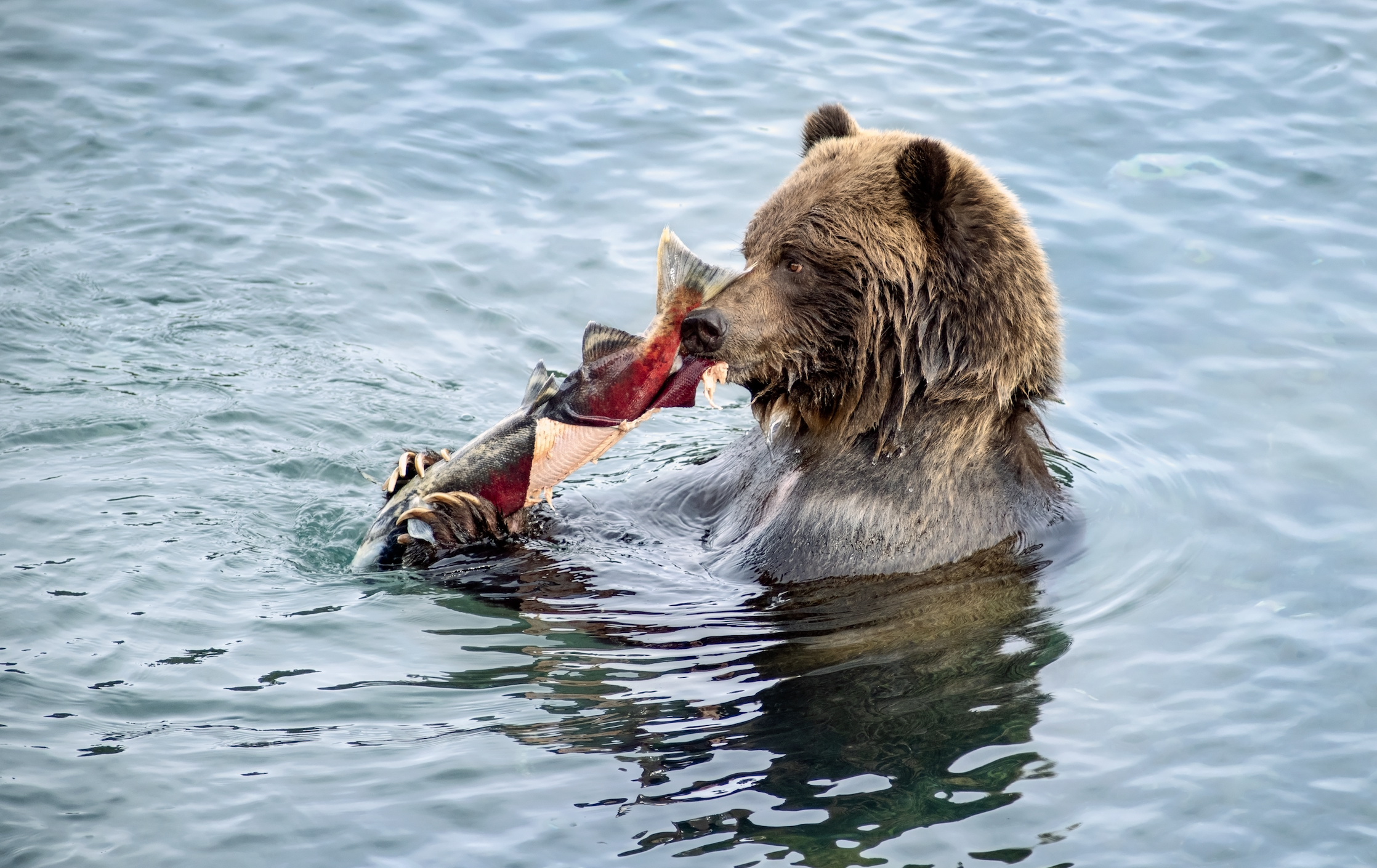
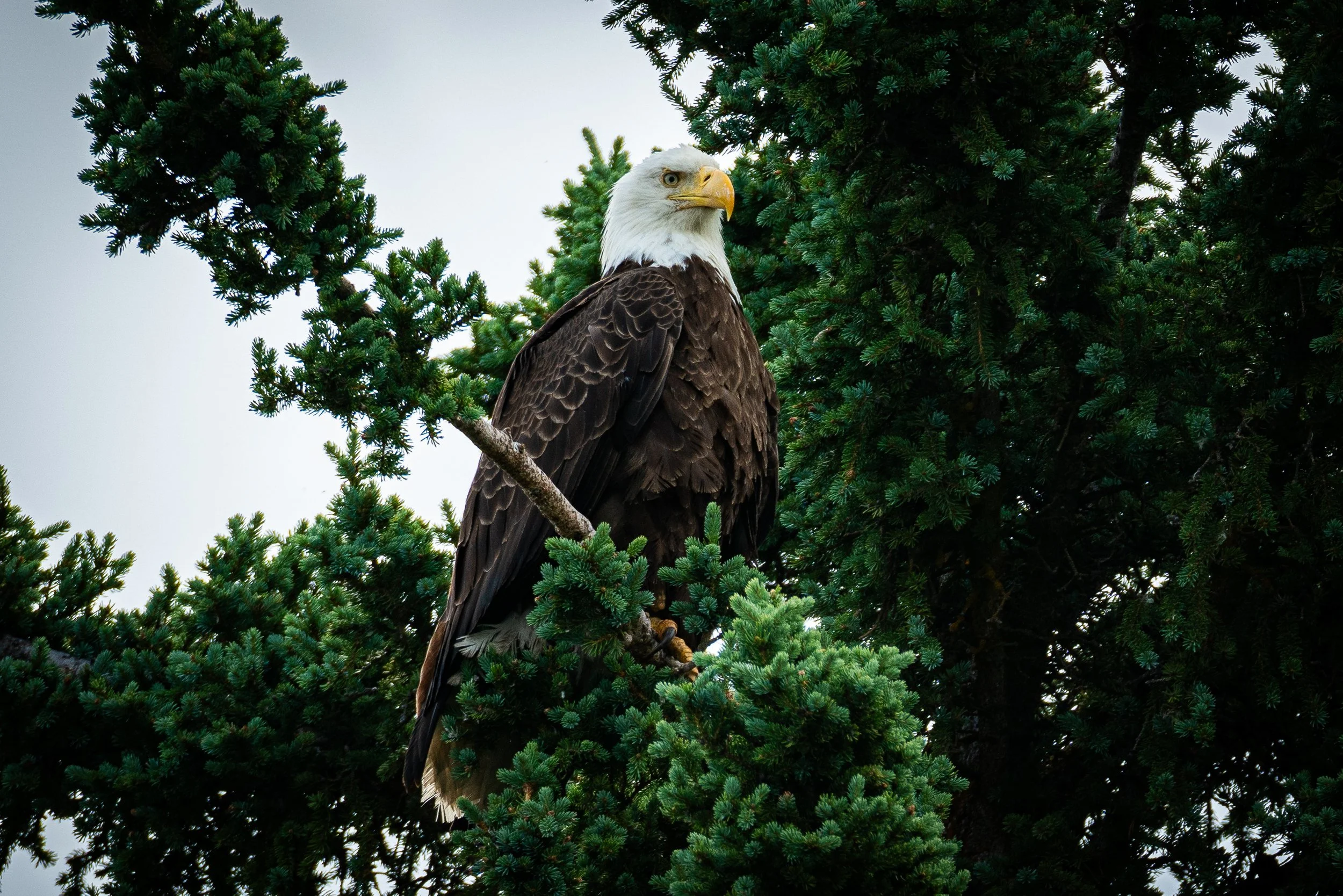

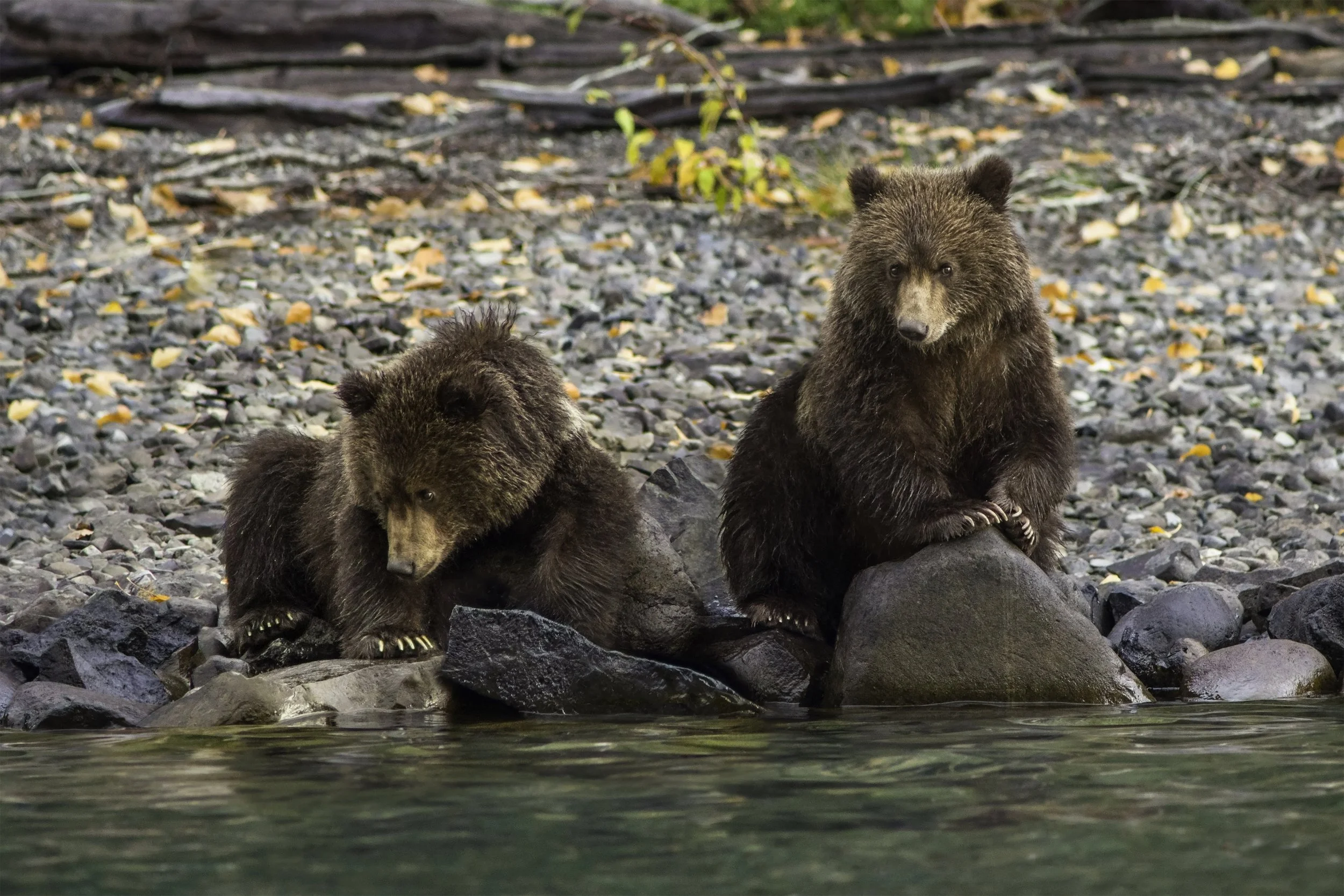
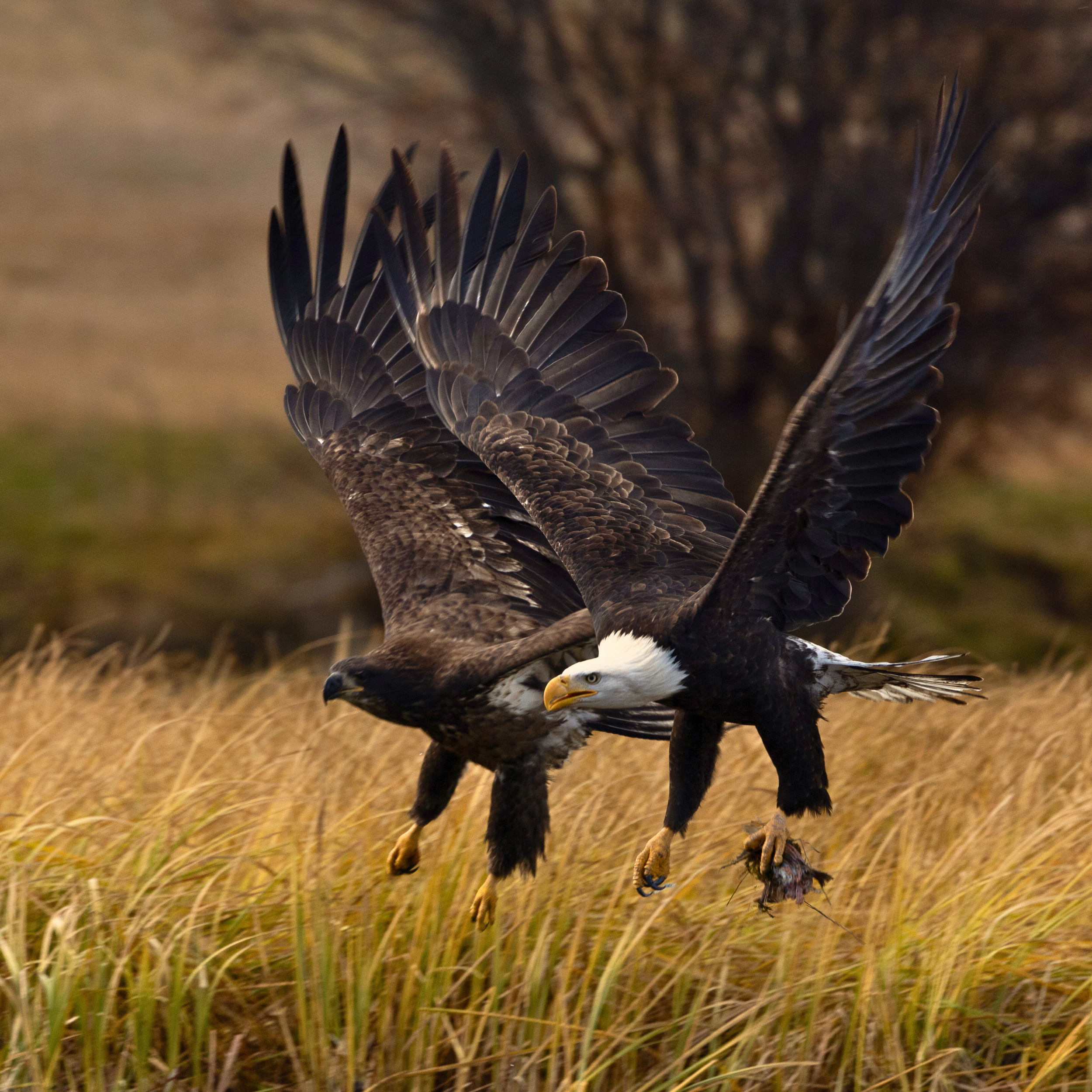
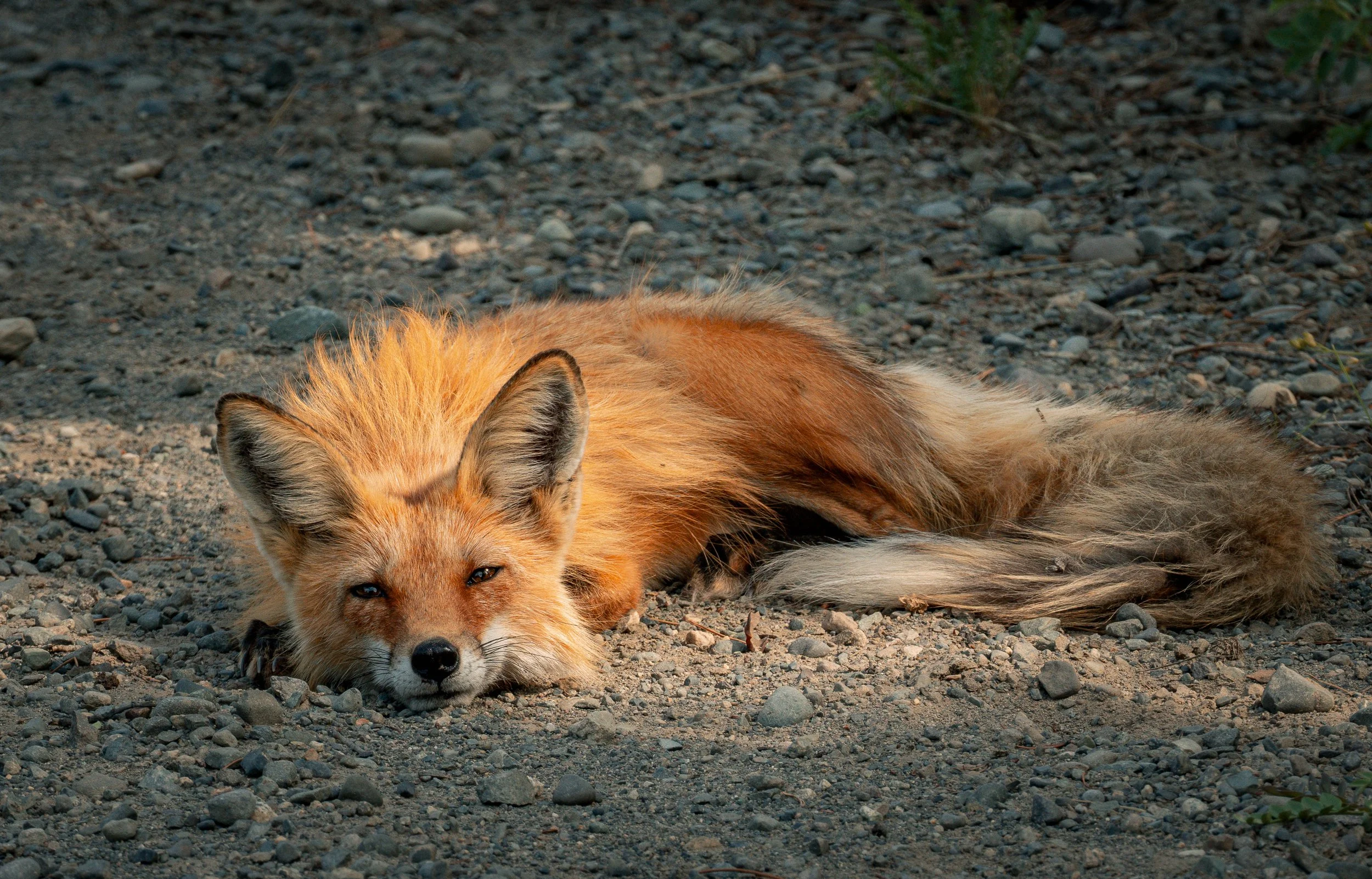
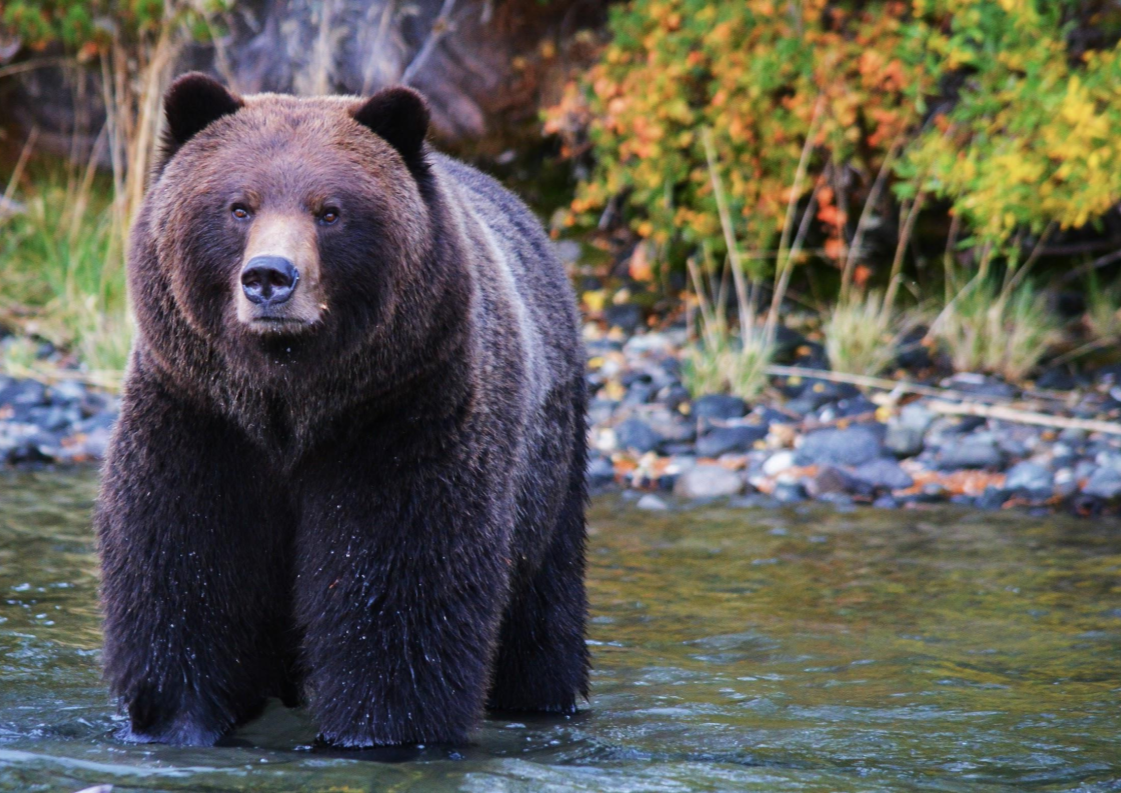
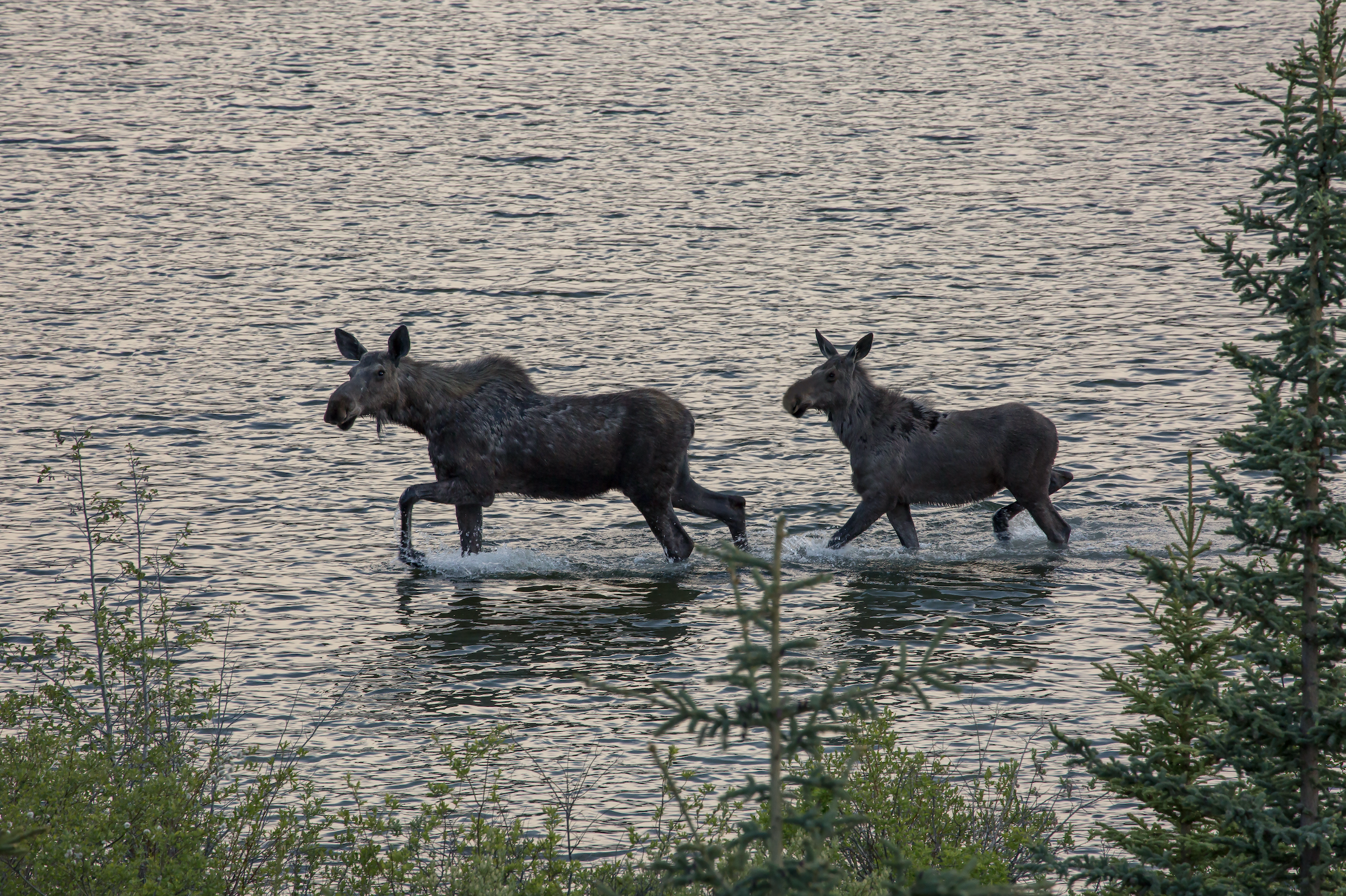
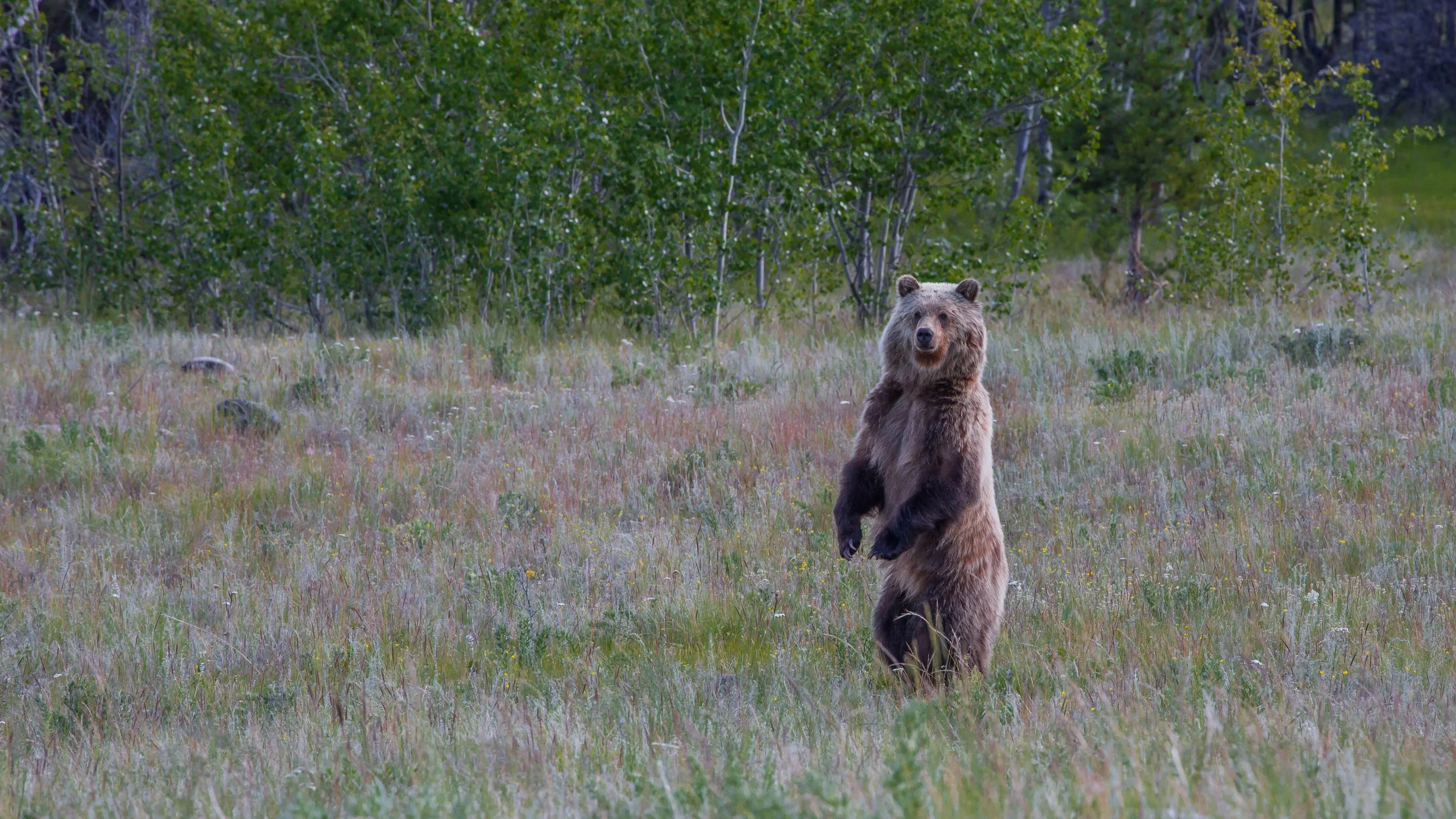
Climate & Seasons
The Chilcotin experiences four distinct seasons: warm, clear summers with long daylight hours and temperatures averaging 50–68°F, and crisp winters where lows range from 14°F to –4°F, with colder snaps possible. Autumn brings color and the salmon run, while spring offers fresh growth, wildlife, and renewal — each season providing unique opportunities to enjoy the land.
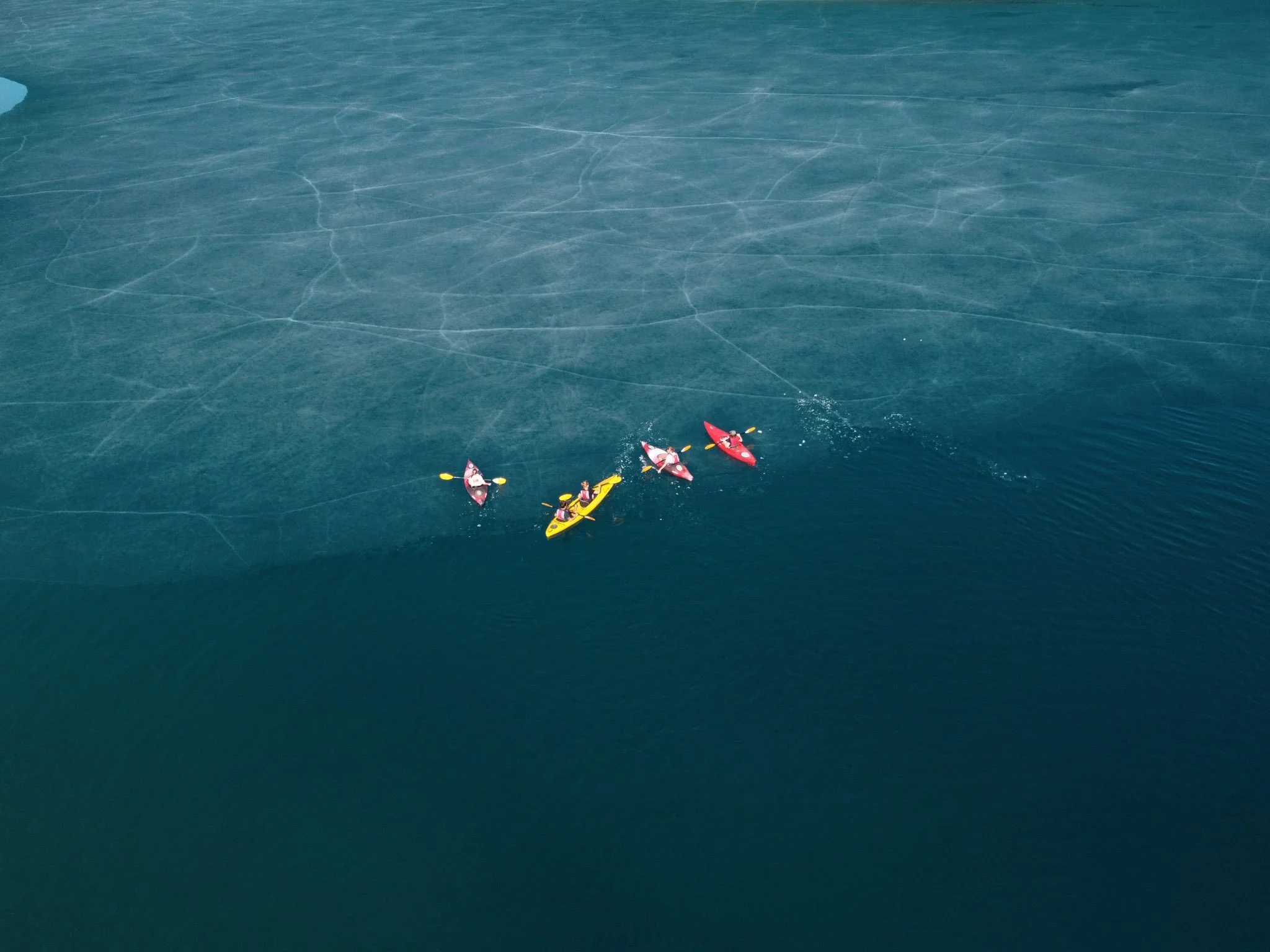
Life In The Chilcotin
Living here means having access to one of the most diverse landscapes in North America — river, lake, mountains, and plateau — each offering its own way to explore. On the river, owners and guests enjoy world-class fly fishing, kayaking, and the extraordinary experience of watching grizzlies during the salmon run. The lake provides pristine waters for boating and fishing, along with hiking routes that begin at its shores.
Beyond the valley, mountains and glaciers open to endless trails and sweeping views, while the high plateau offers ATV adventures and sunsets that stretch to the horizon. On the estate itself, there are opportunities for simple pleasures — casting a line, trying archery, or enjoying outdoor games with family and friends.
Fishing here is a tradition: rainbow trout on the river, bull trout and rainbows in the lake, and numerous nearby lakes with excellent trout fishing. Salmon fishing is reserved for First Nations heritage on the Chilko River, but the coastal waters near Bella Coola are renowned for some of the best salmon fishing in British Columbia.
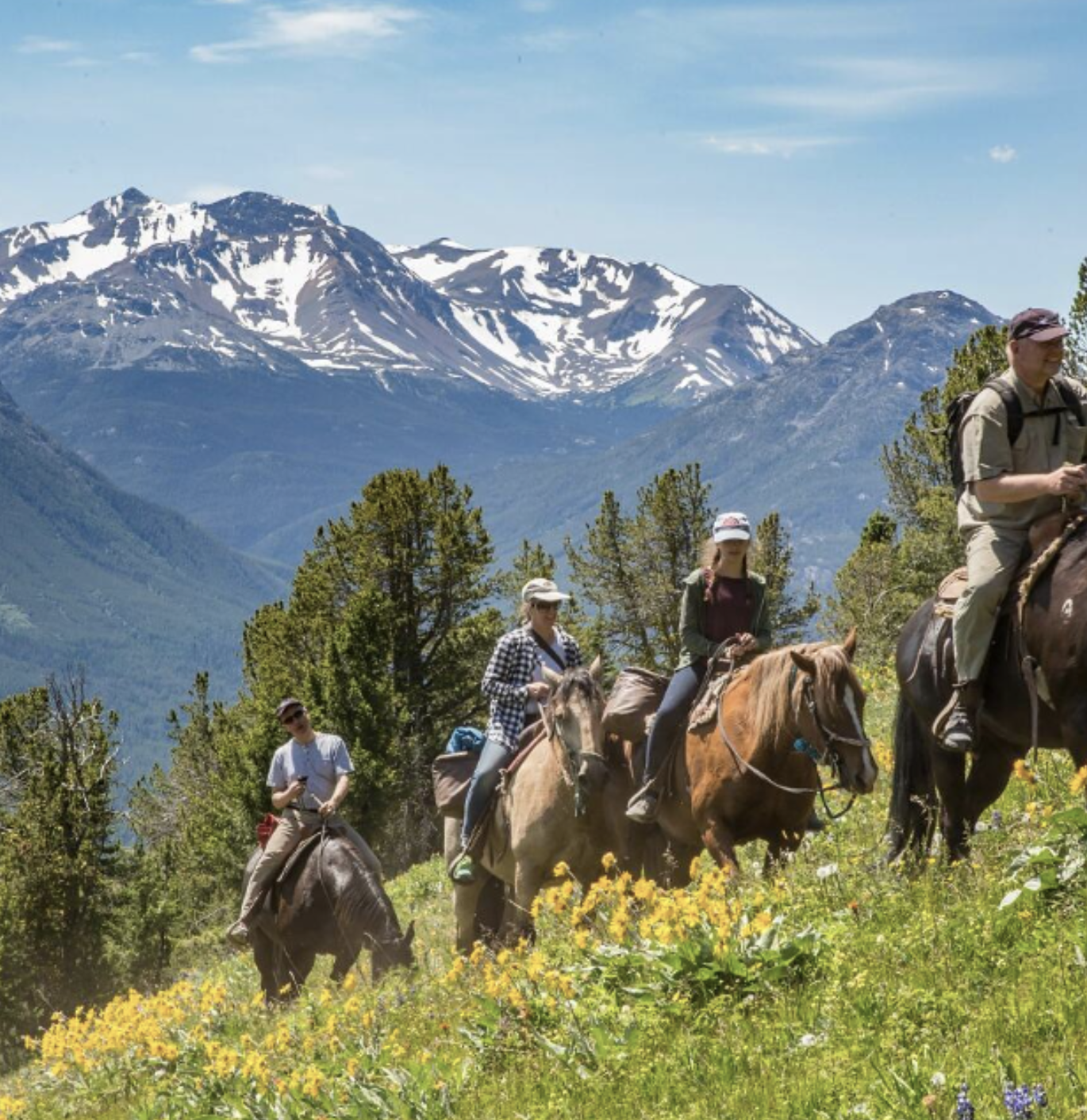
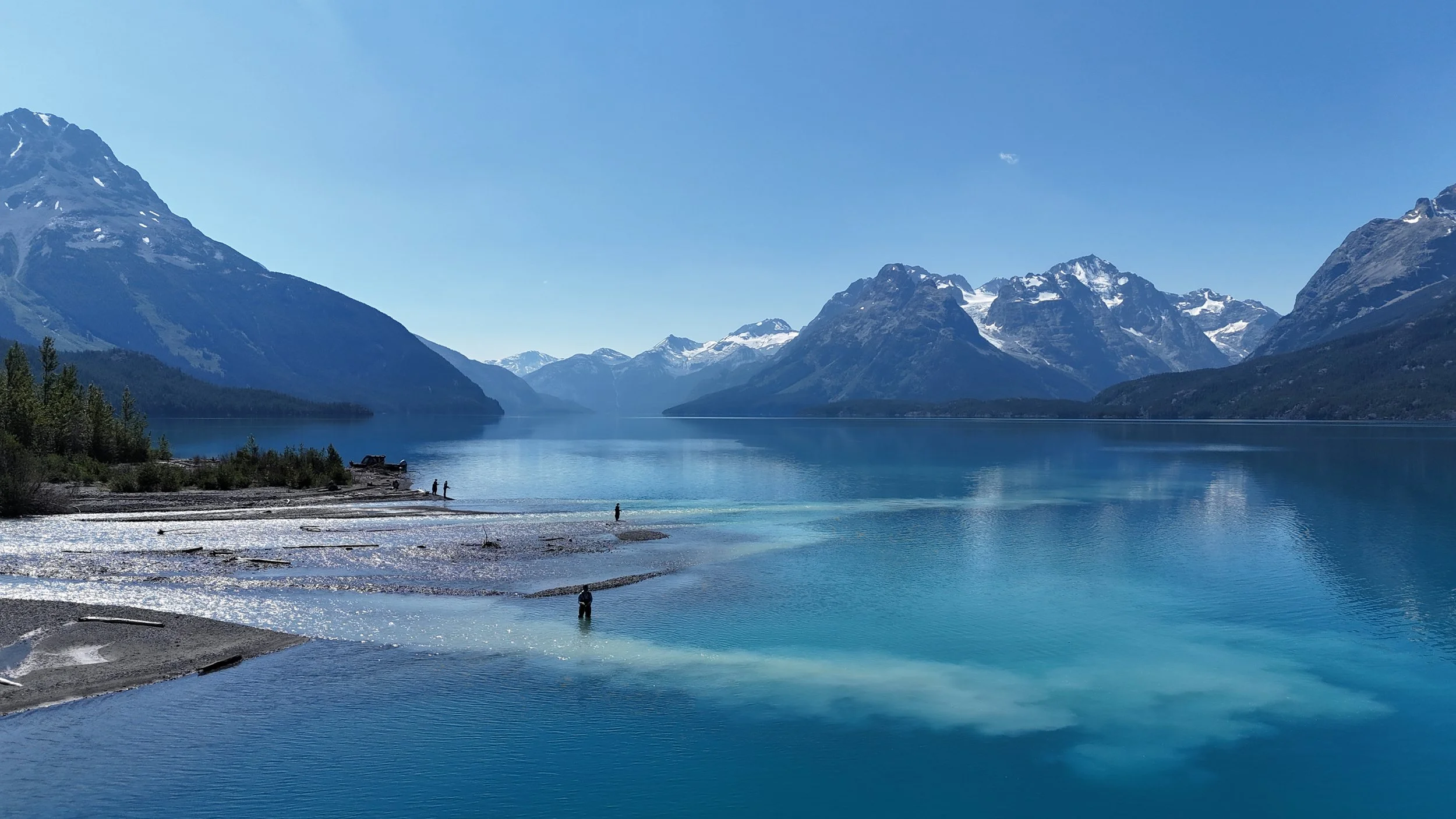
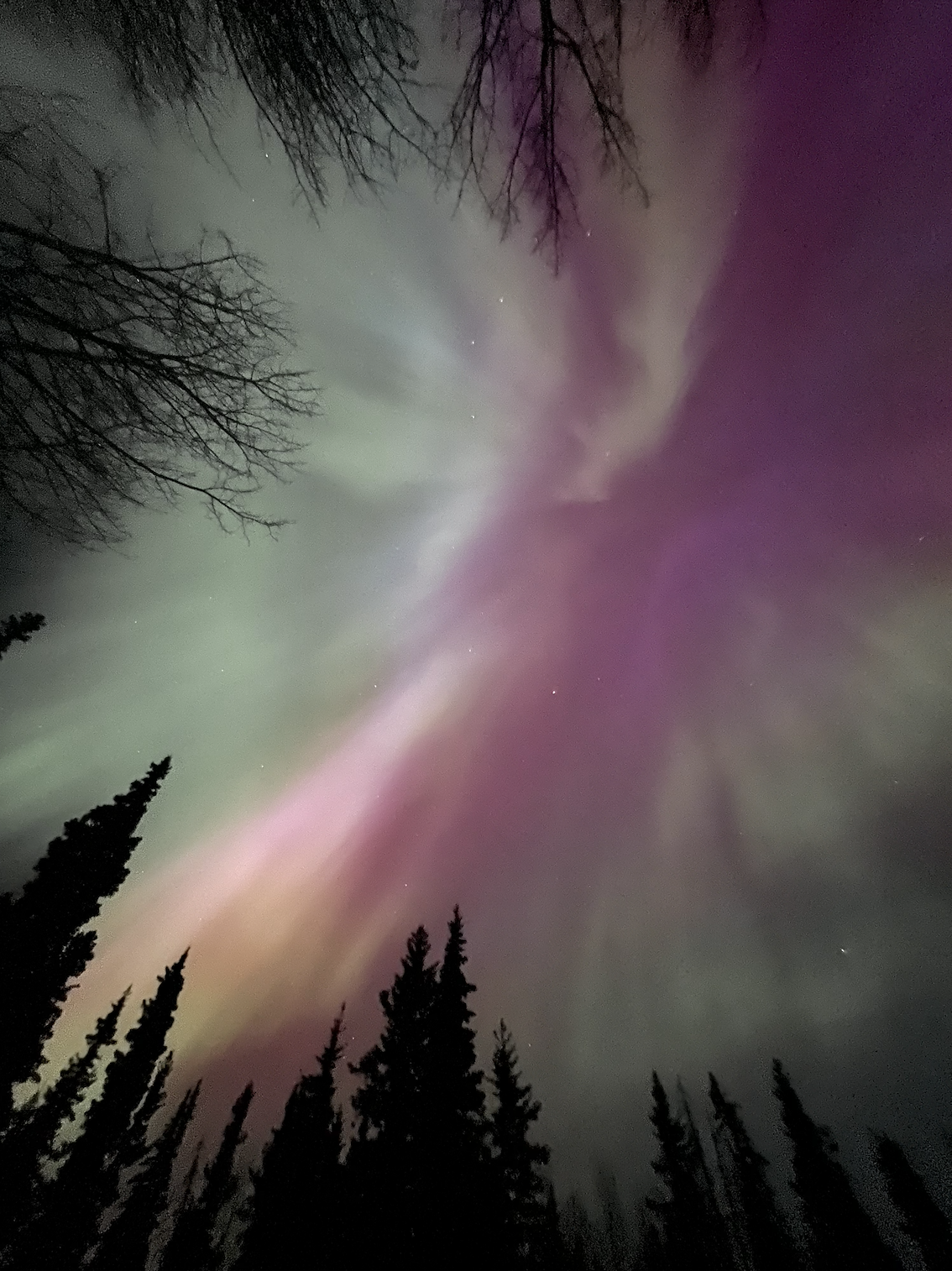
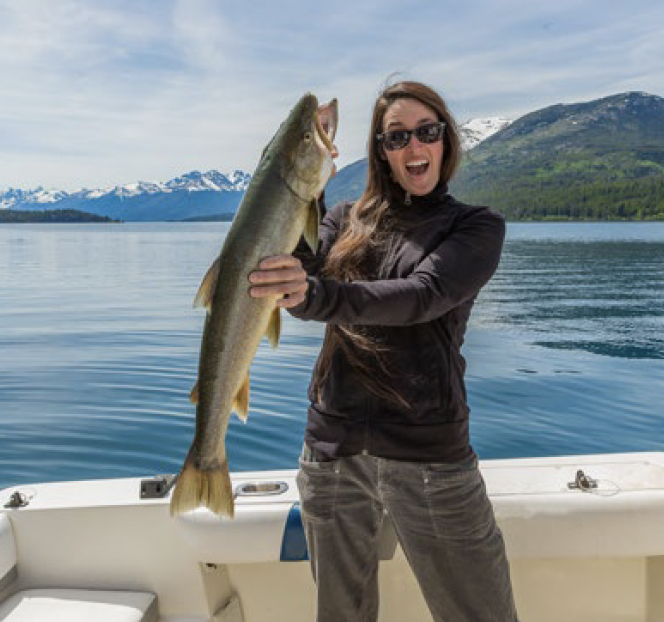
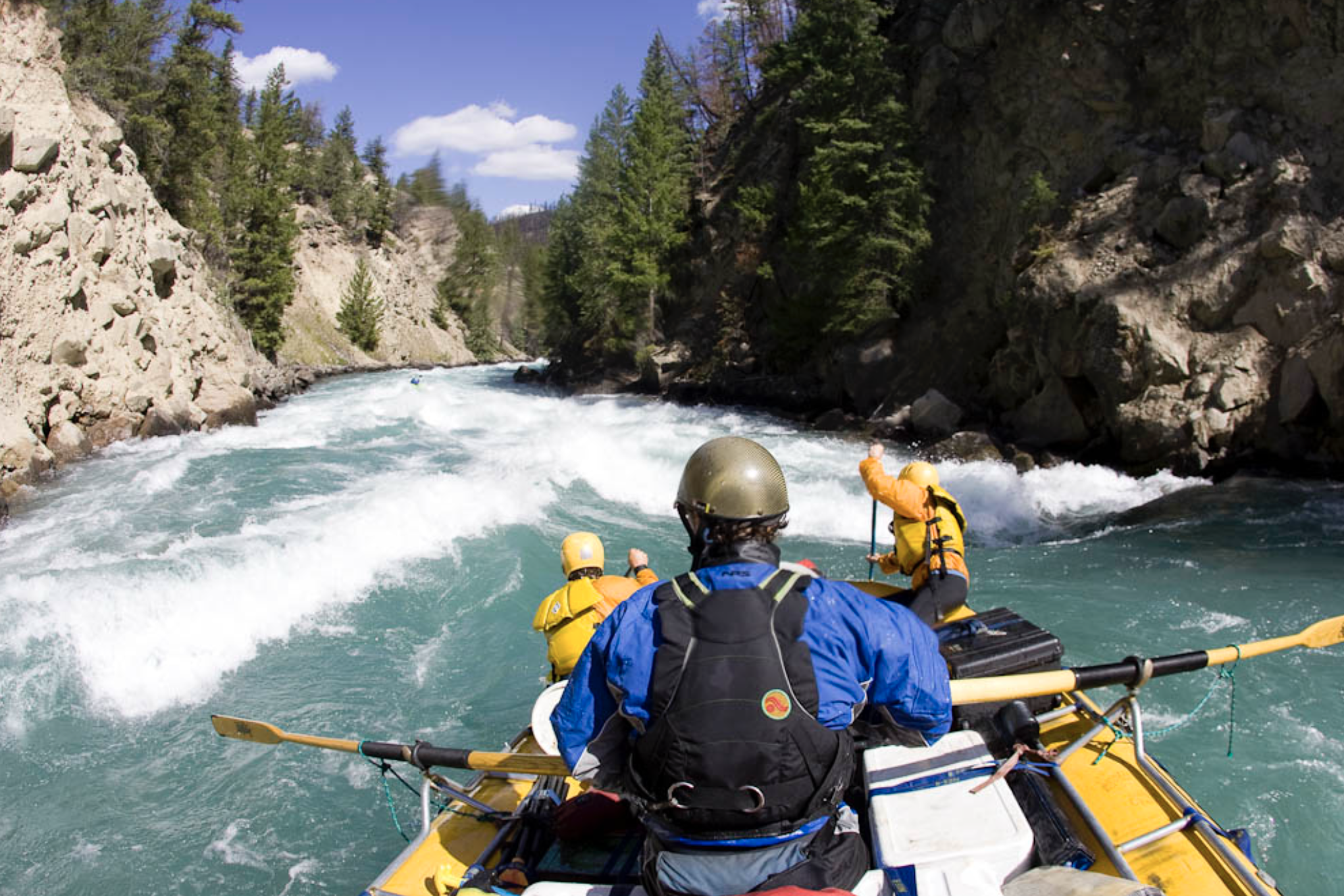
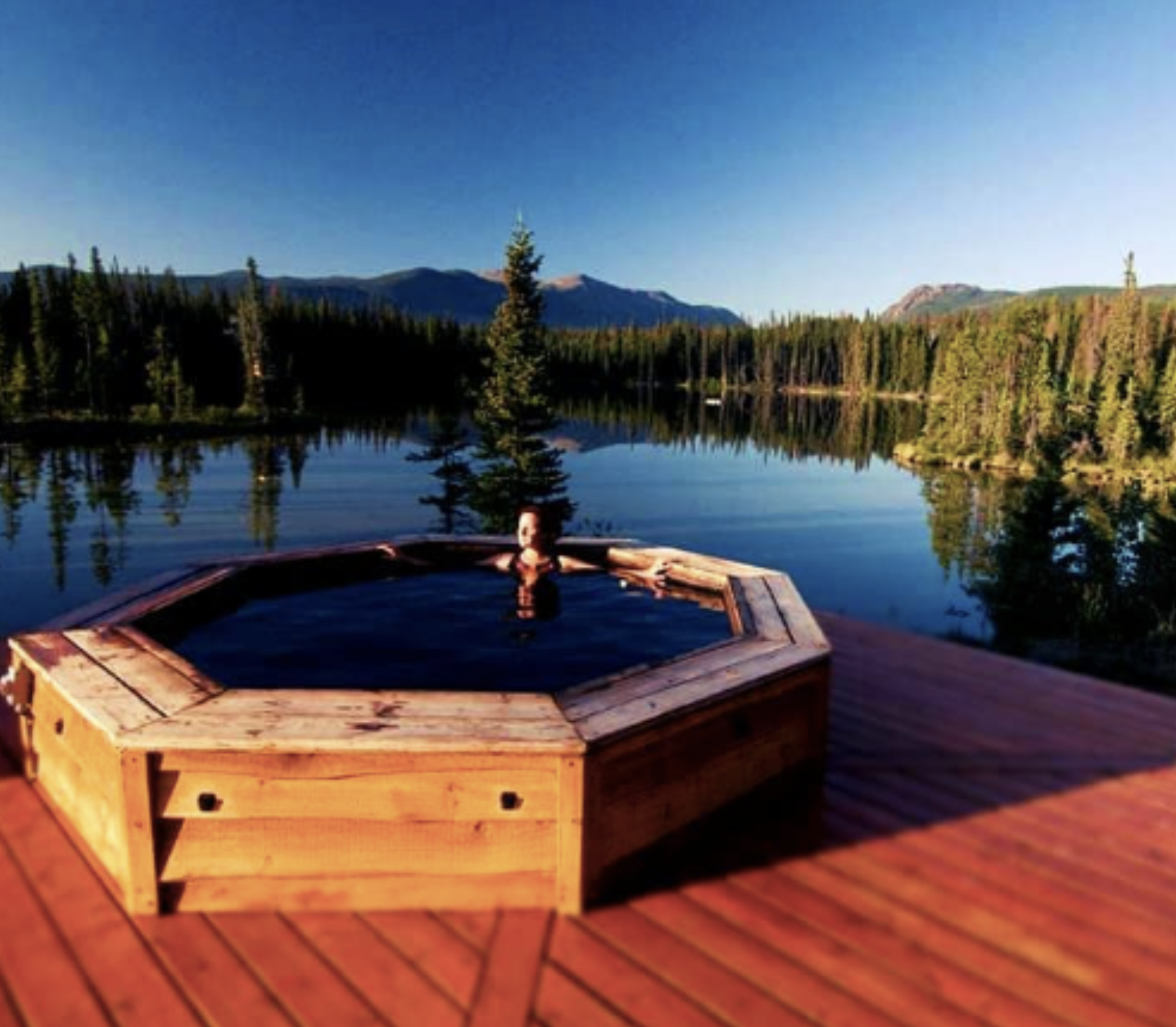
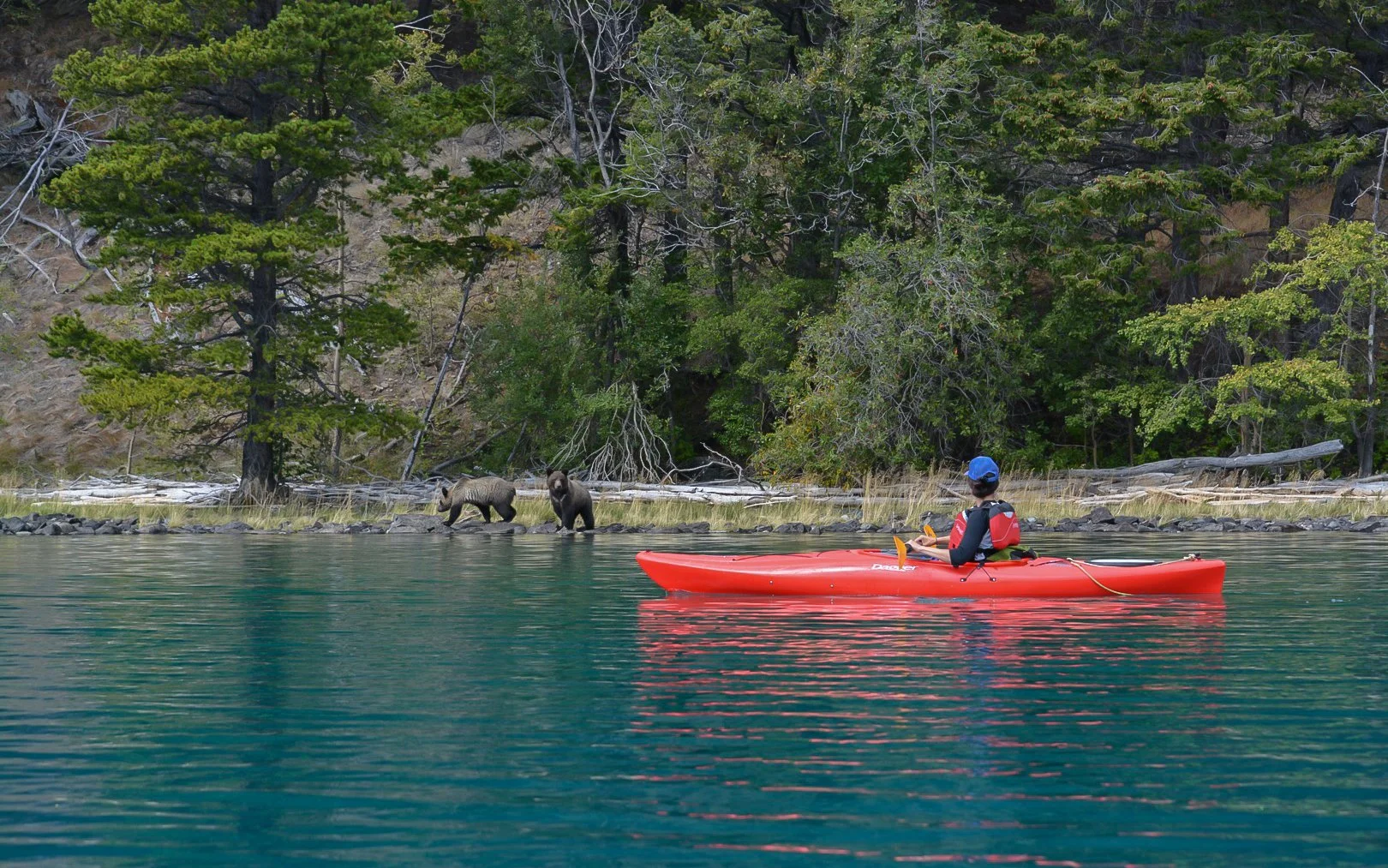
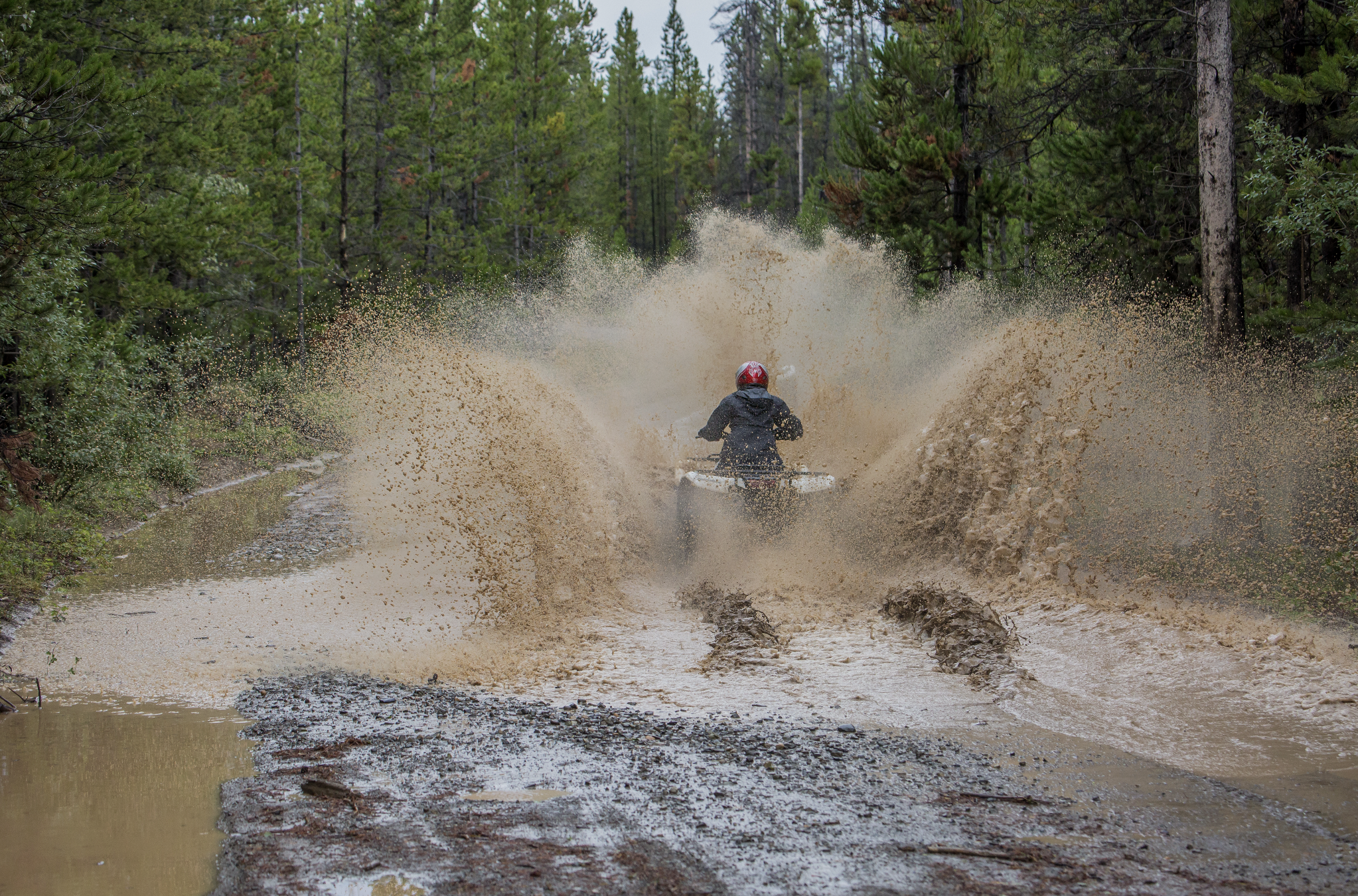
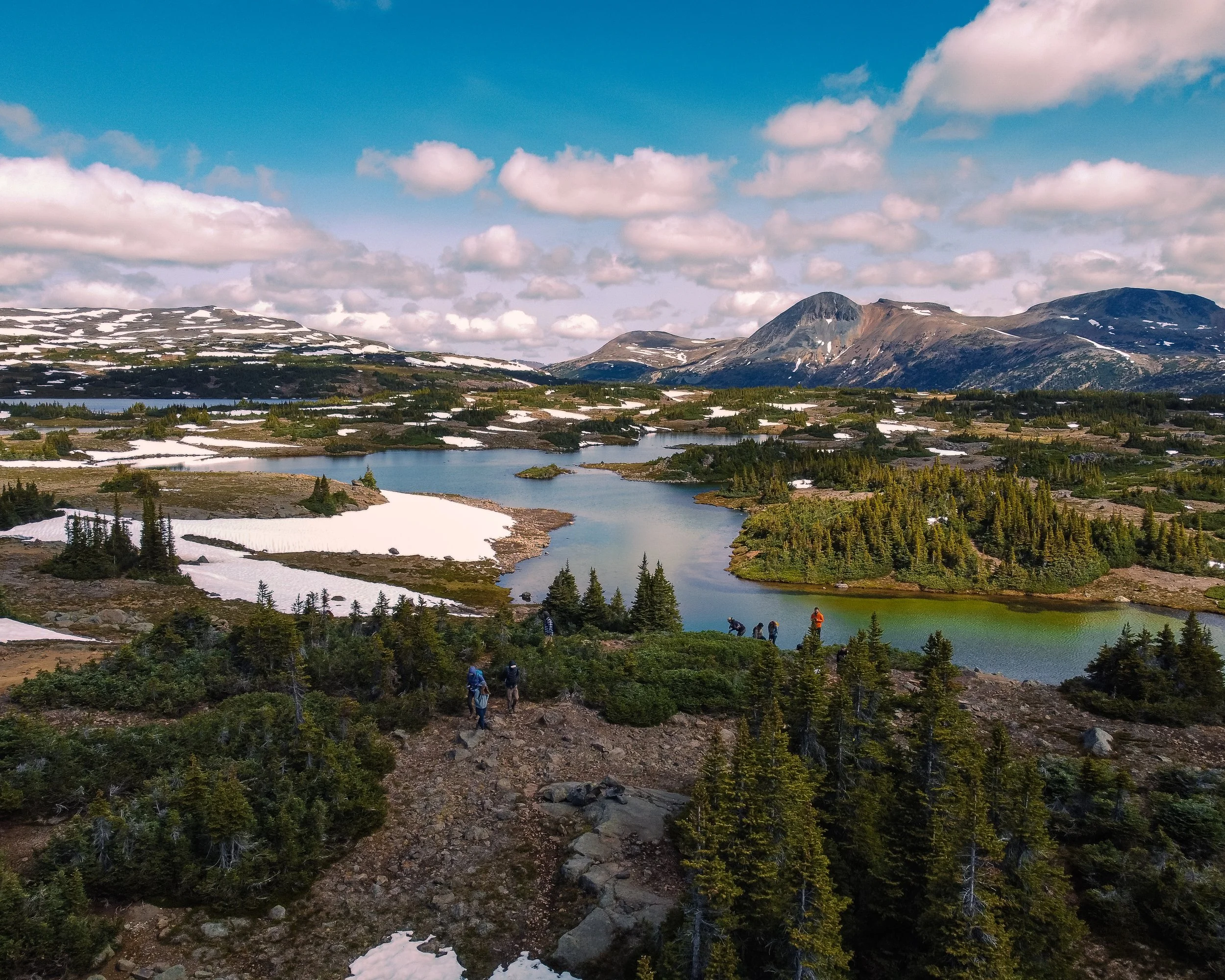
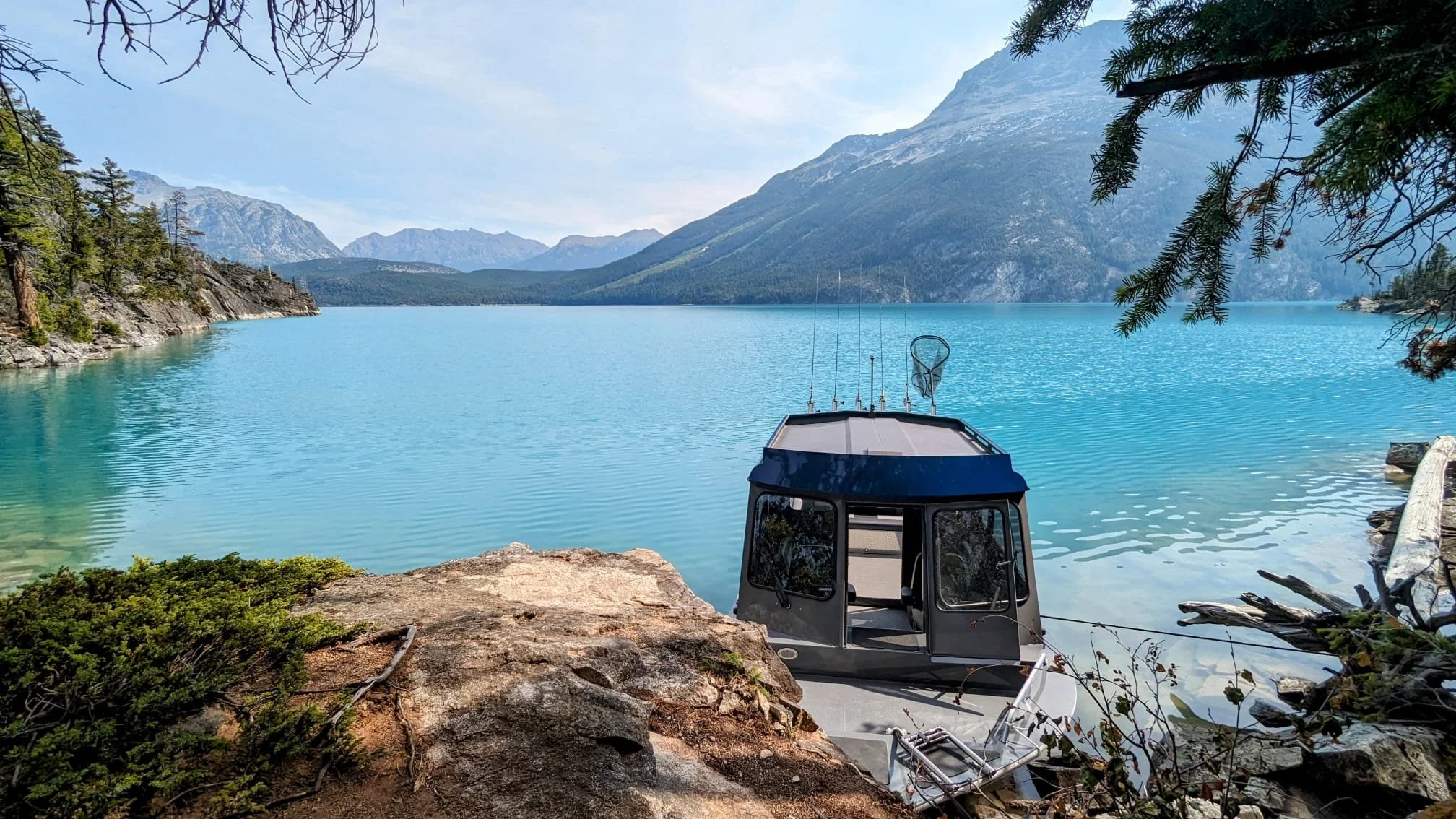
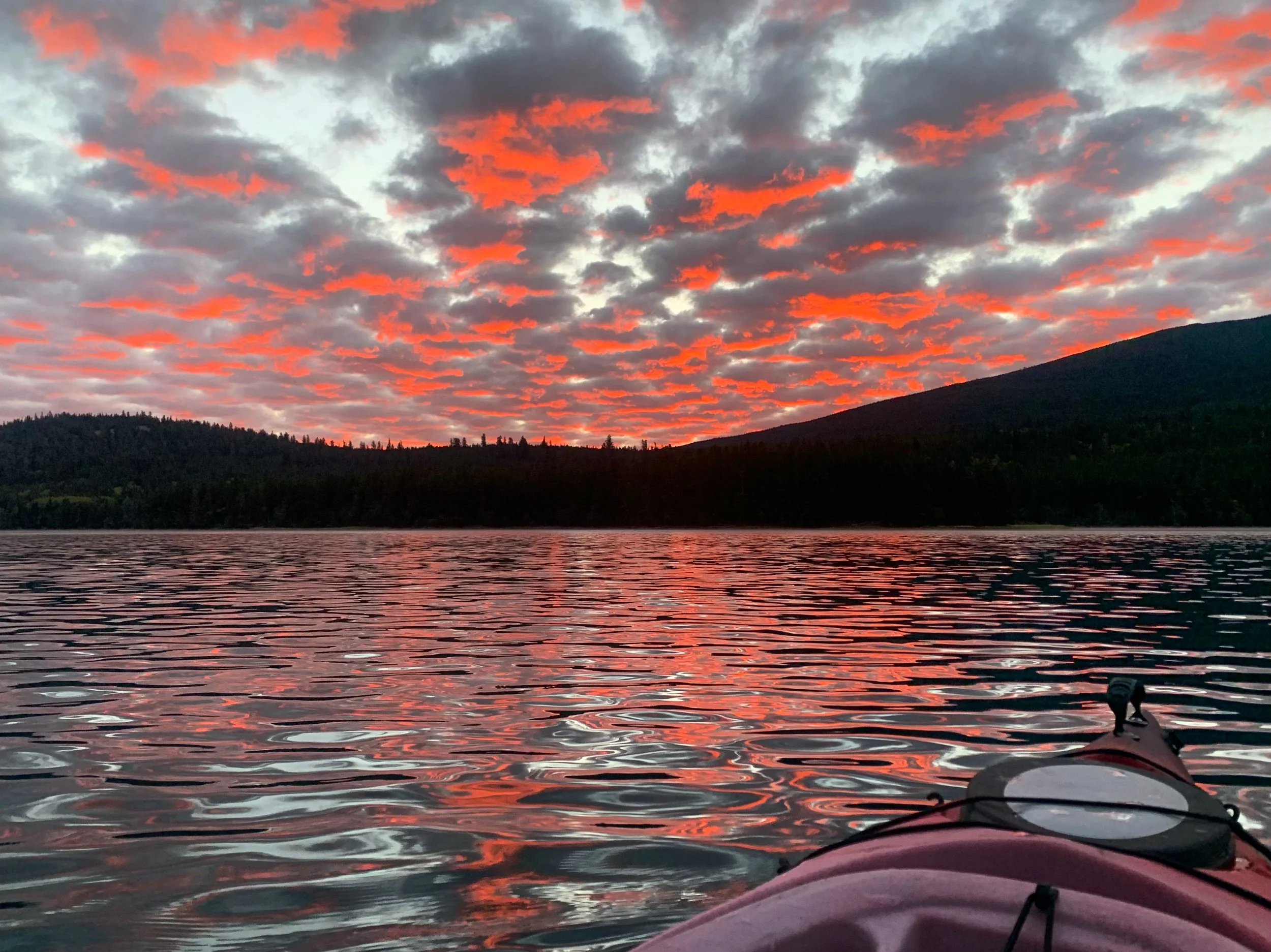
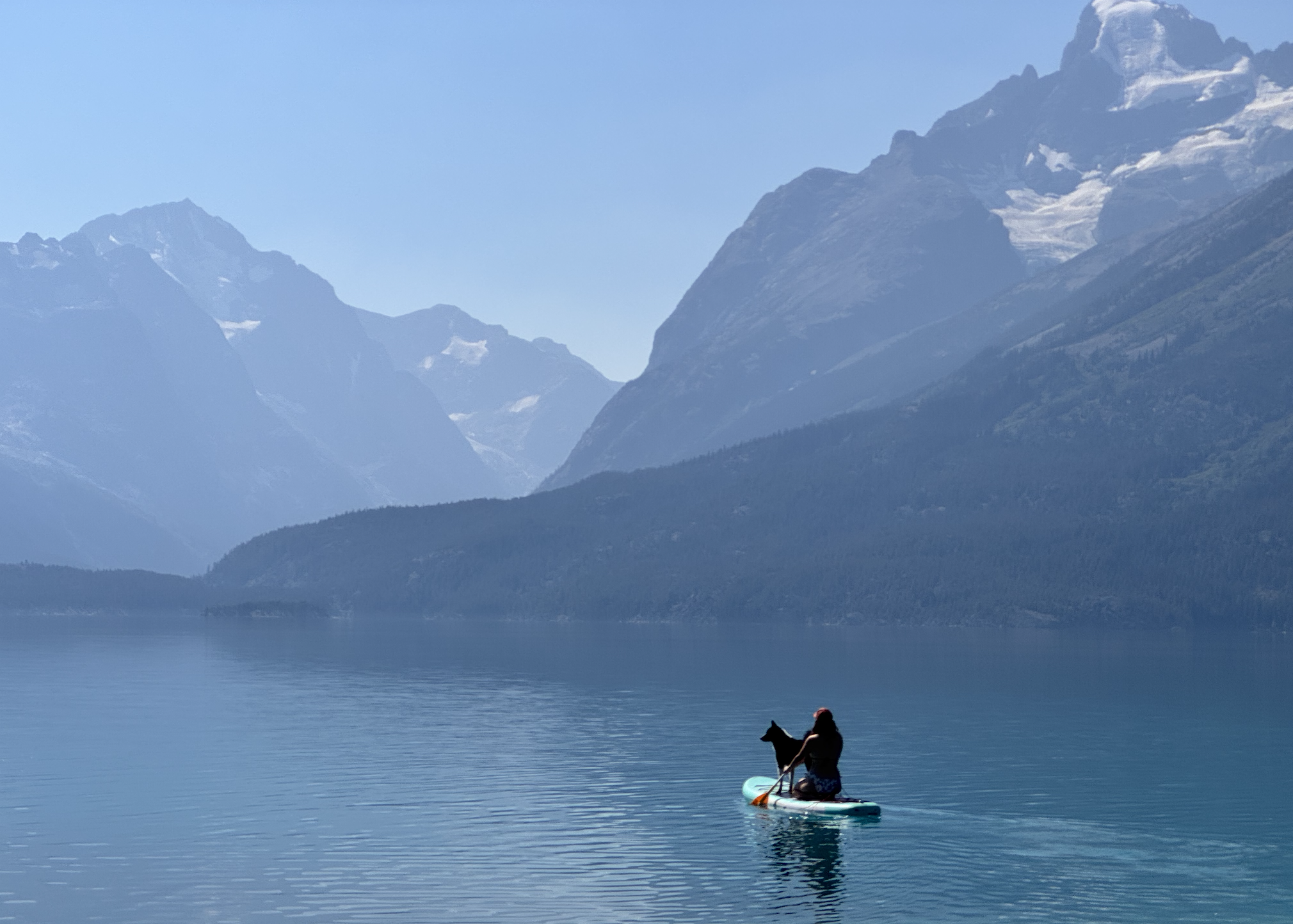
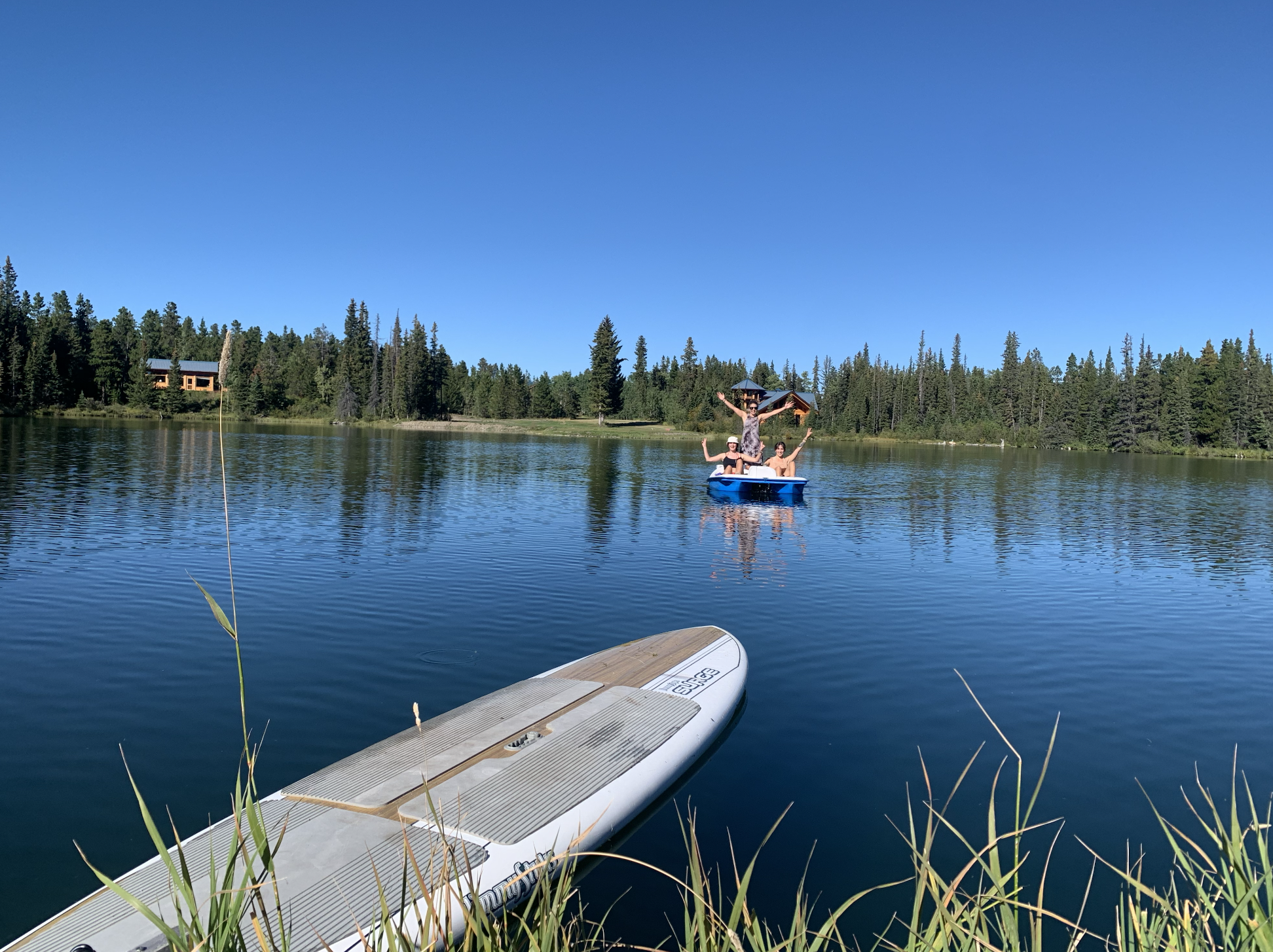
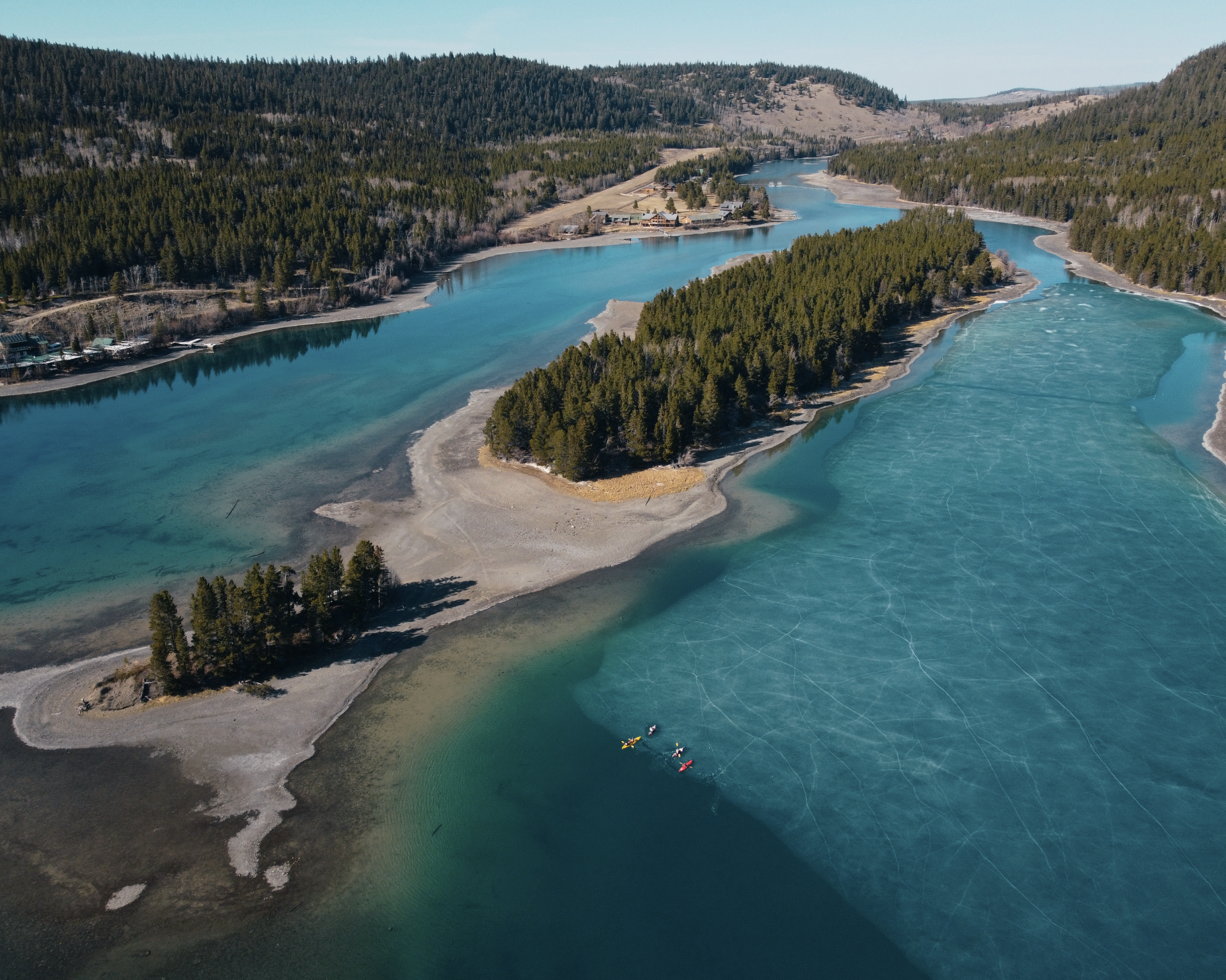
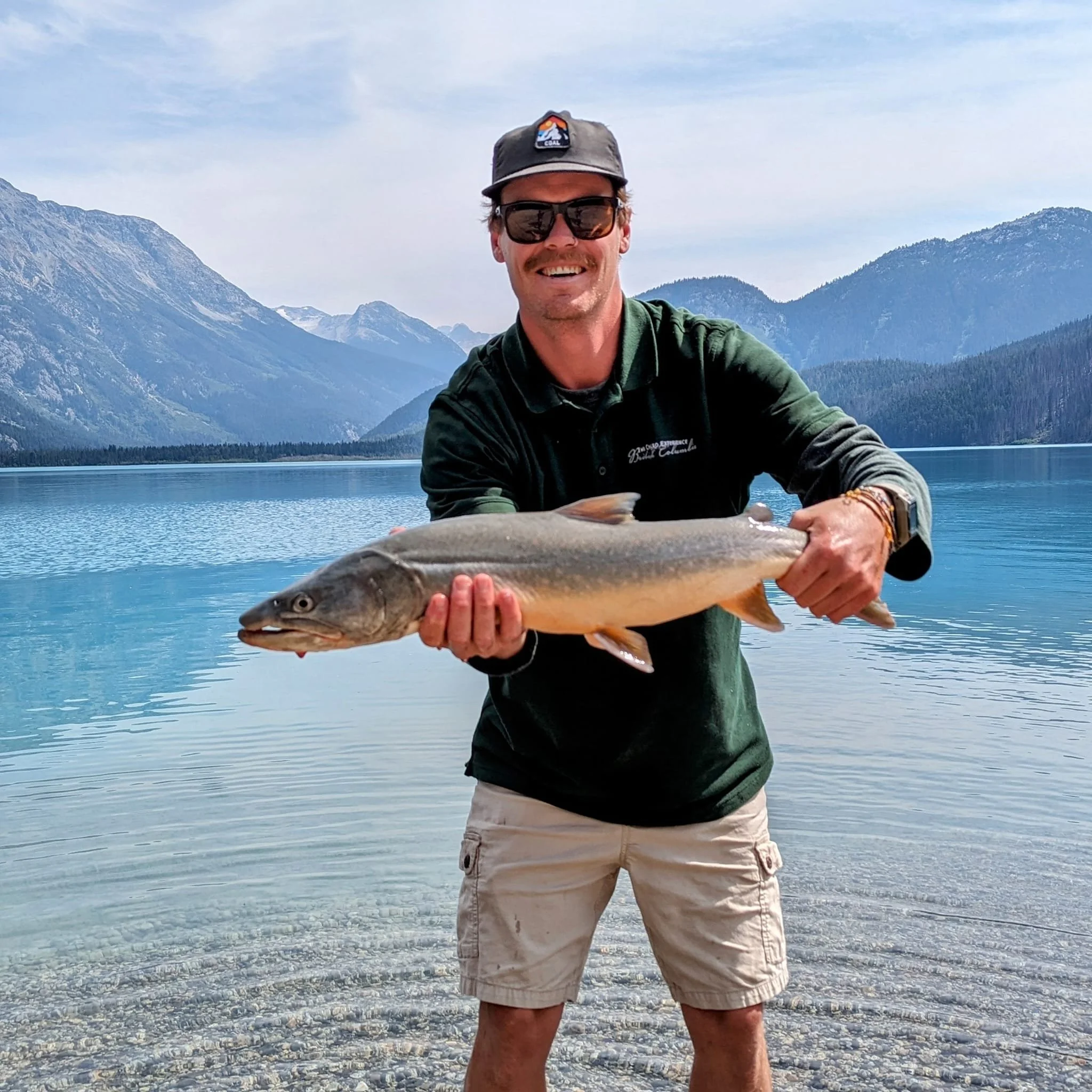
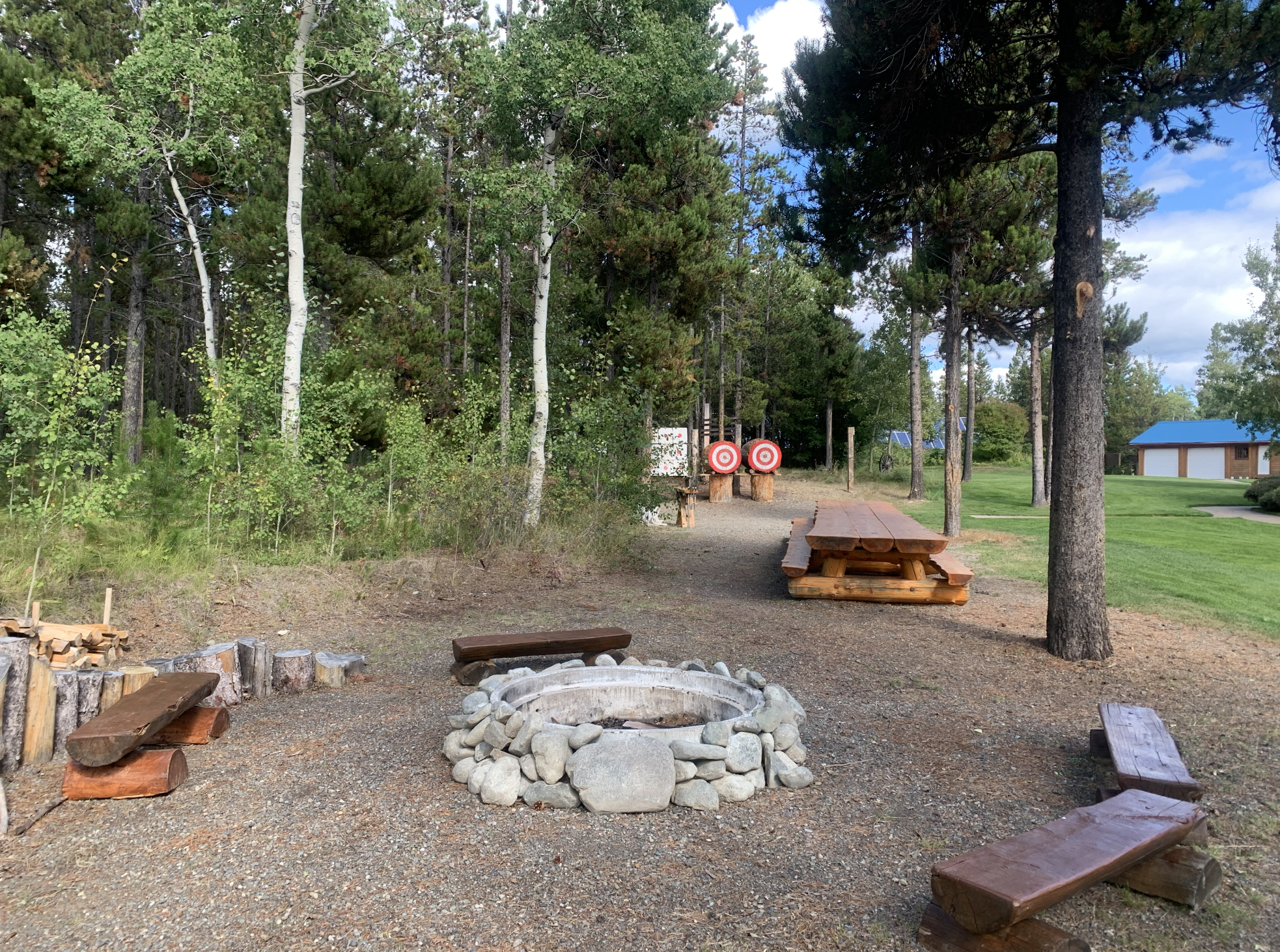
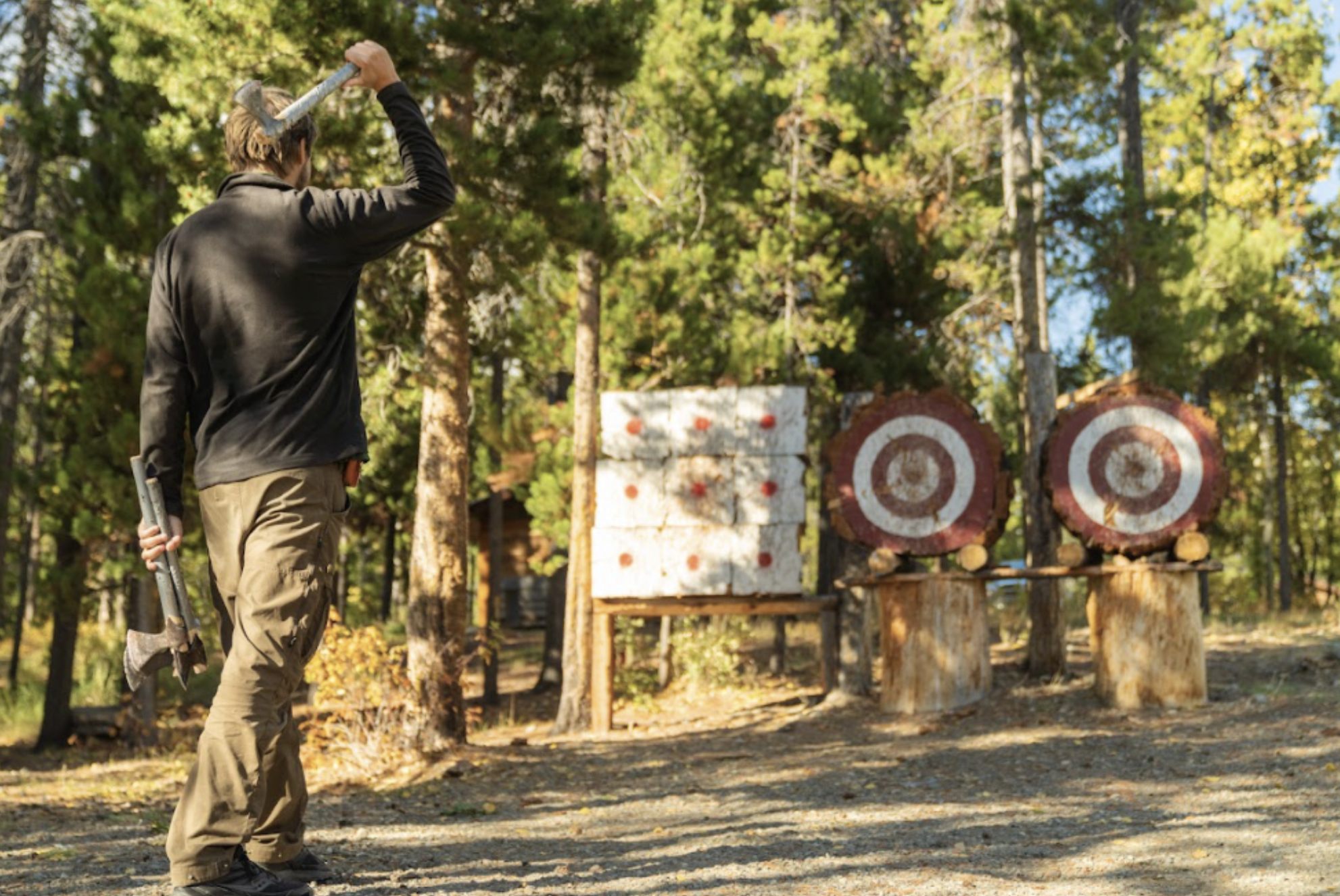
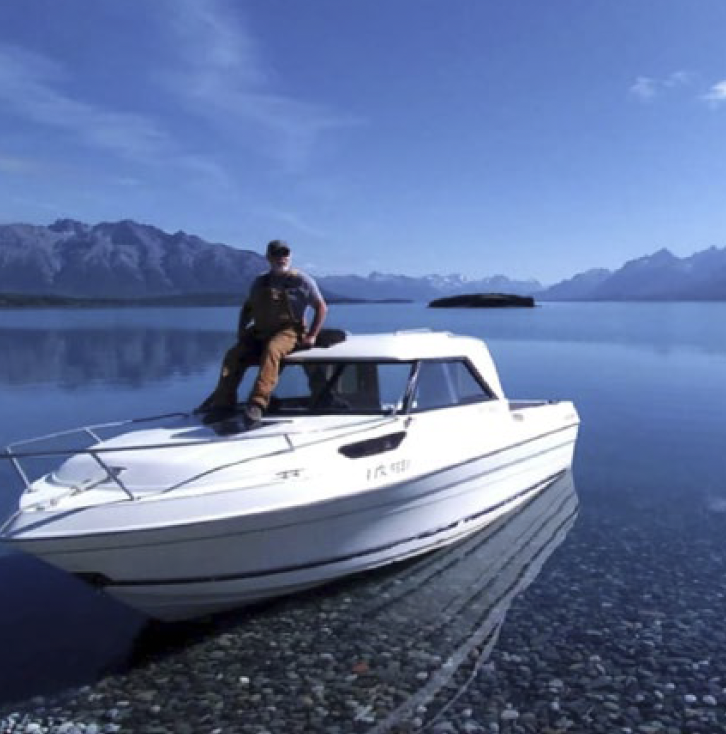
Location &
Getting There
The lodge is located 173 air miles (278 km) north of Vancouver and 172 driving miles (277 km) west of Williams Lake in the heart of the Chicotin region of British Columbia.
Charter Flight: Take a 1-hour direct charter flight to Chilko from Vancouver.
Drive: From Vancouver, a ten-hour scenic drive following the Fraser River awaits you.
Commercial Flight/Drive: A quick one-hour flight from Vancouver to Williams Lake is followed by renting a vehicle and enjoying a scenic 3-hour drive to Chilko.




